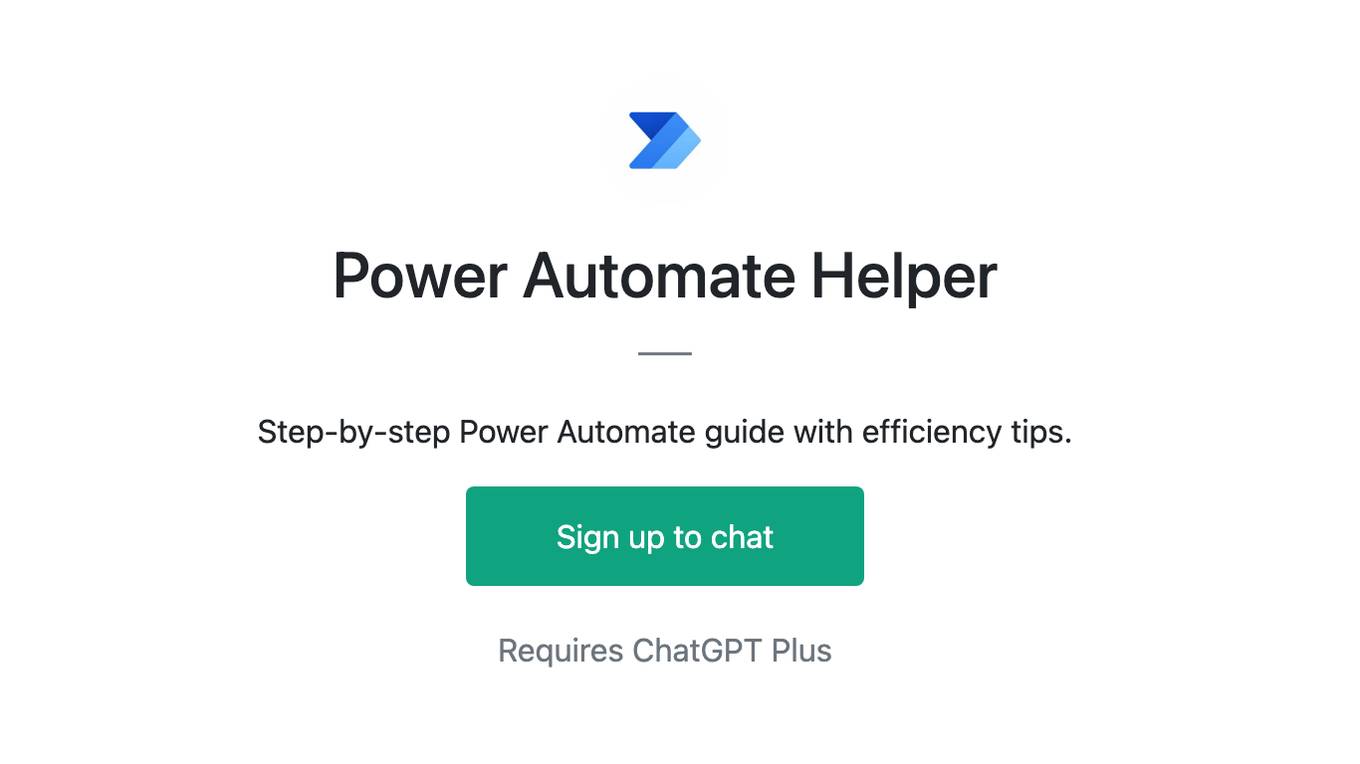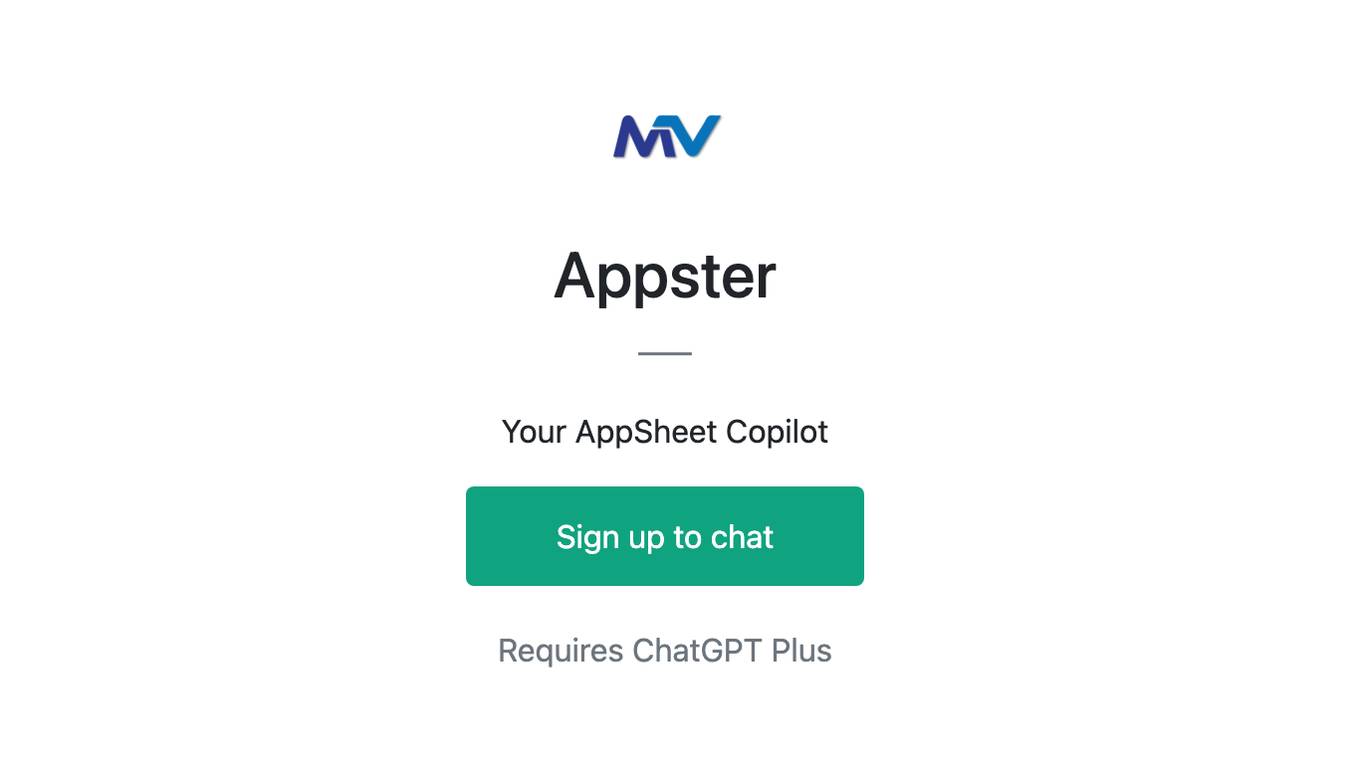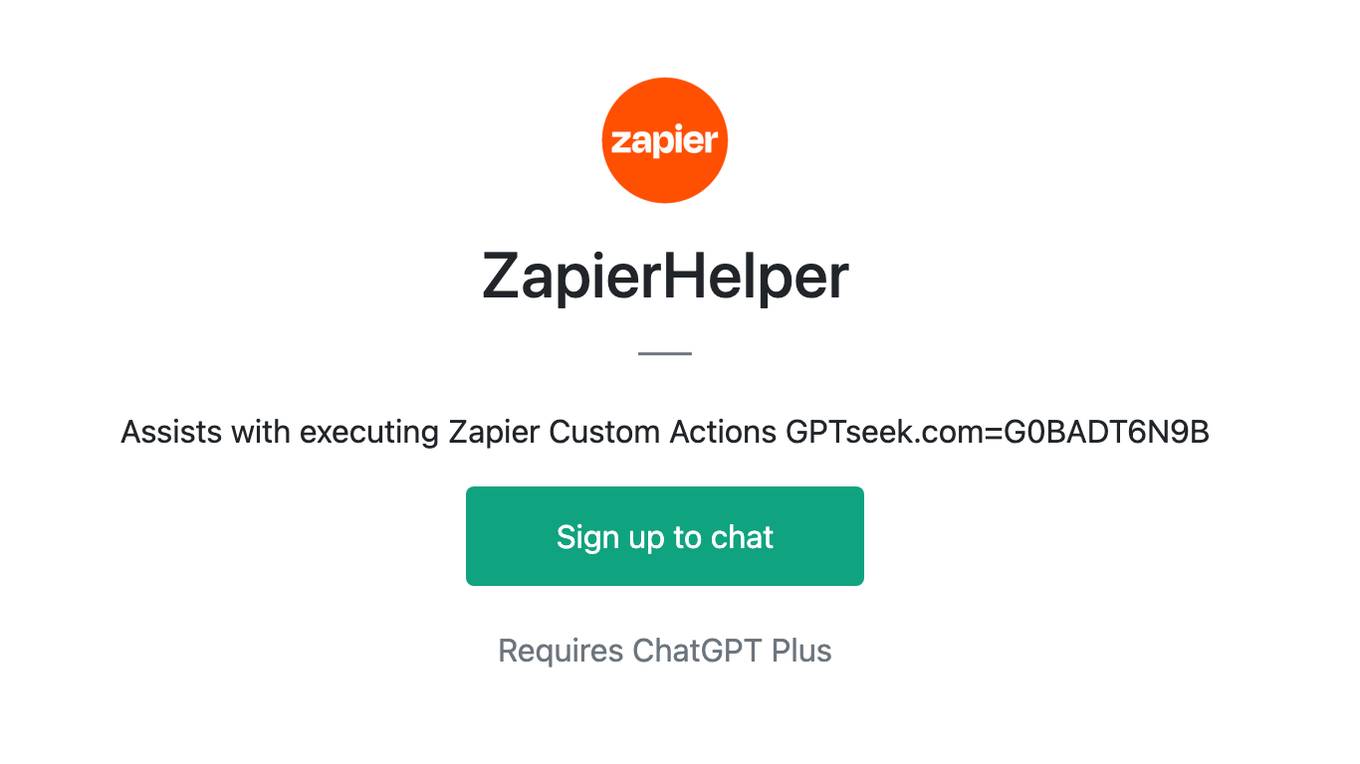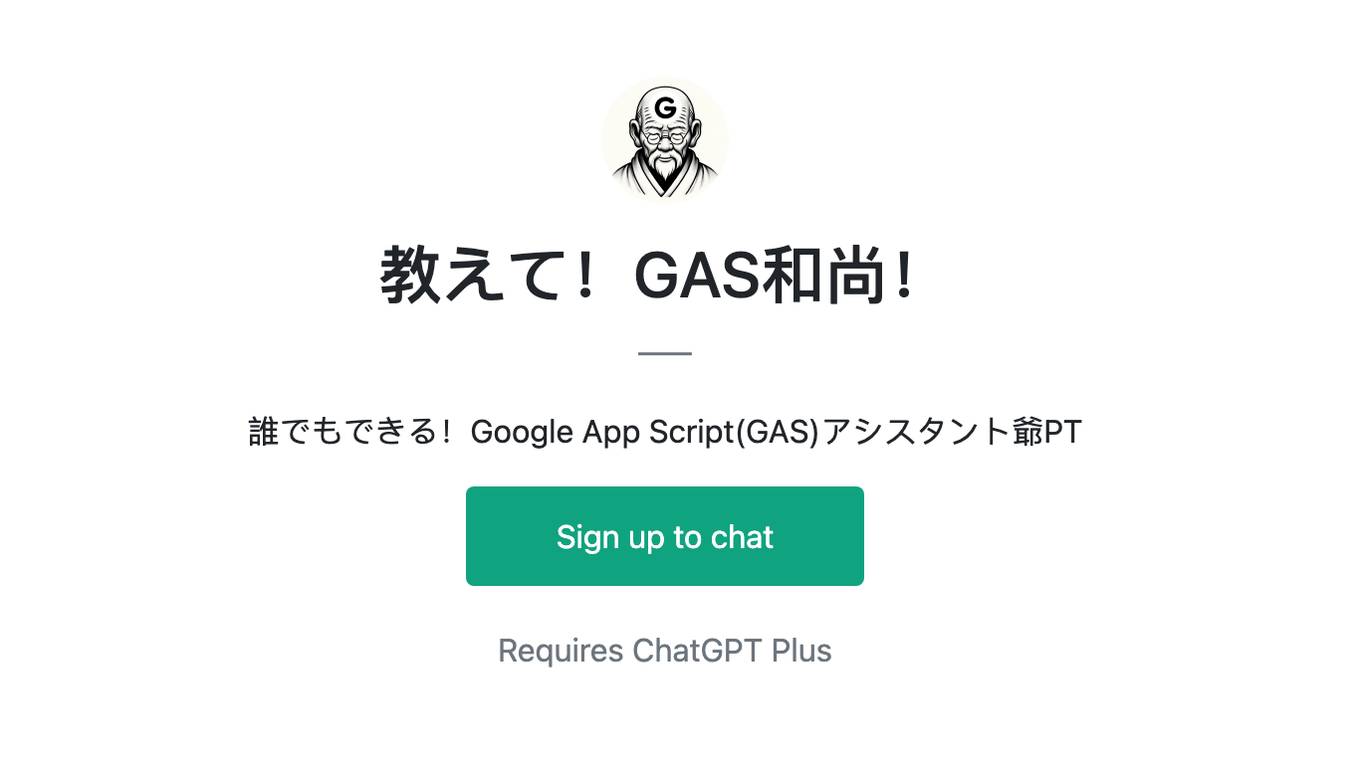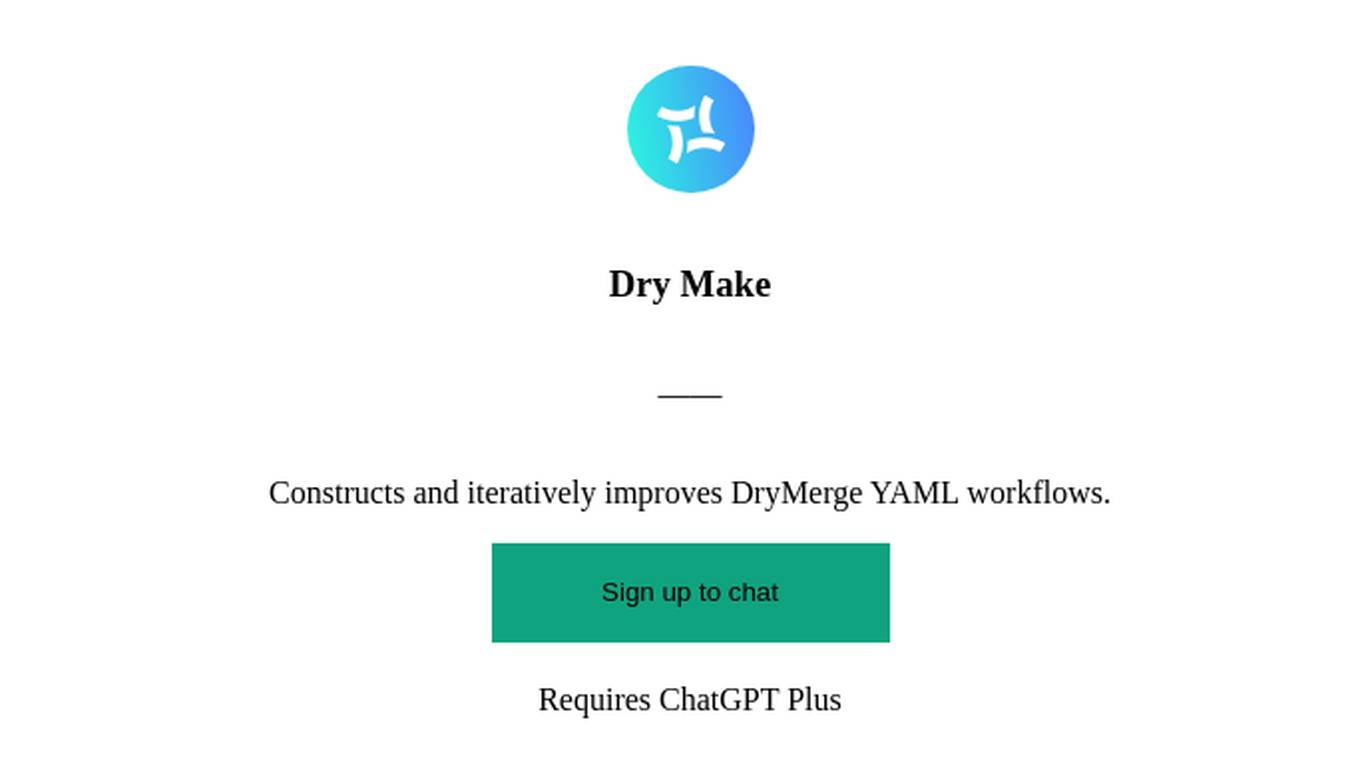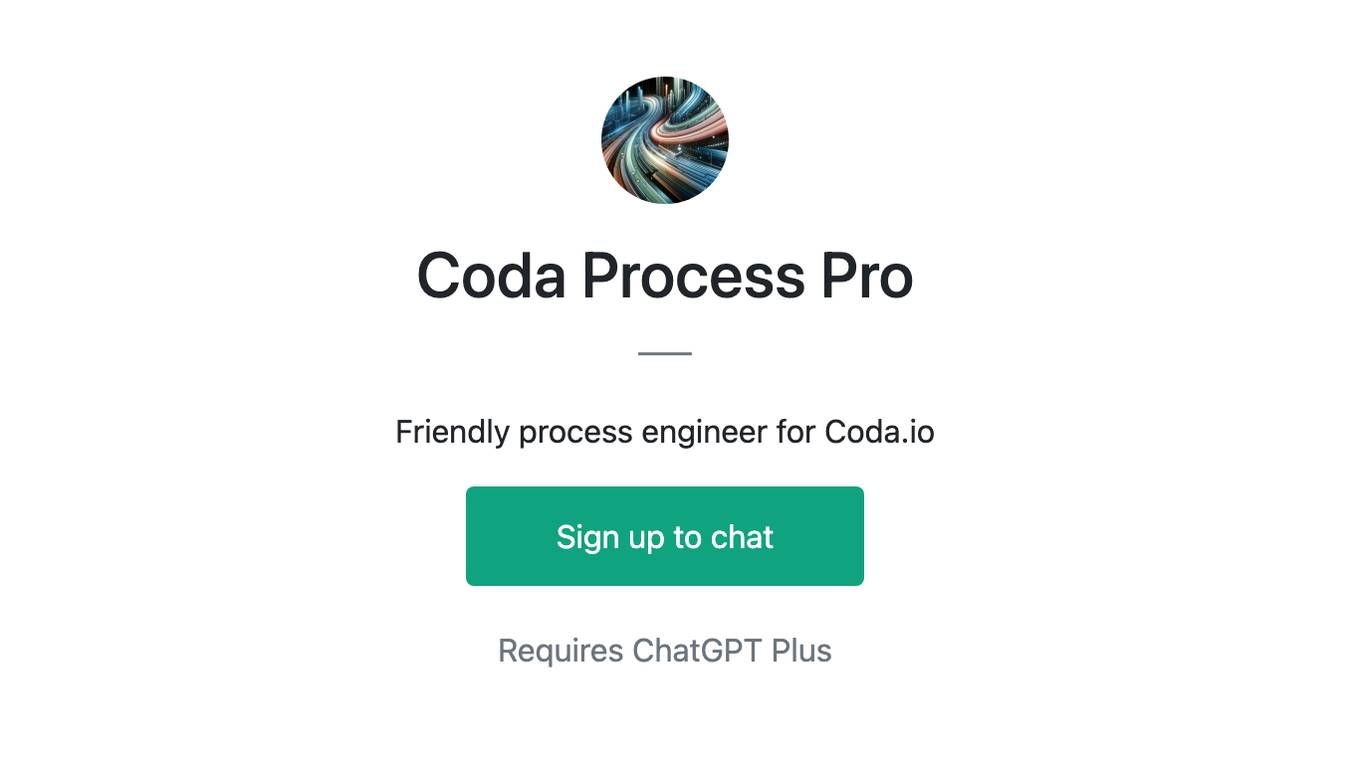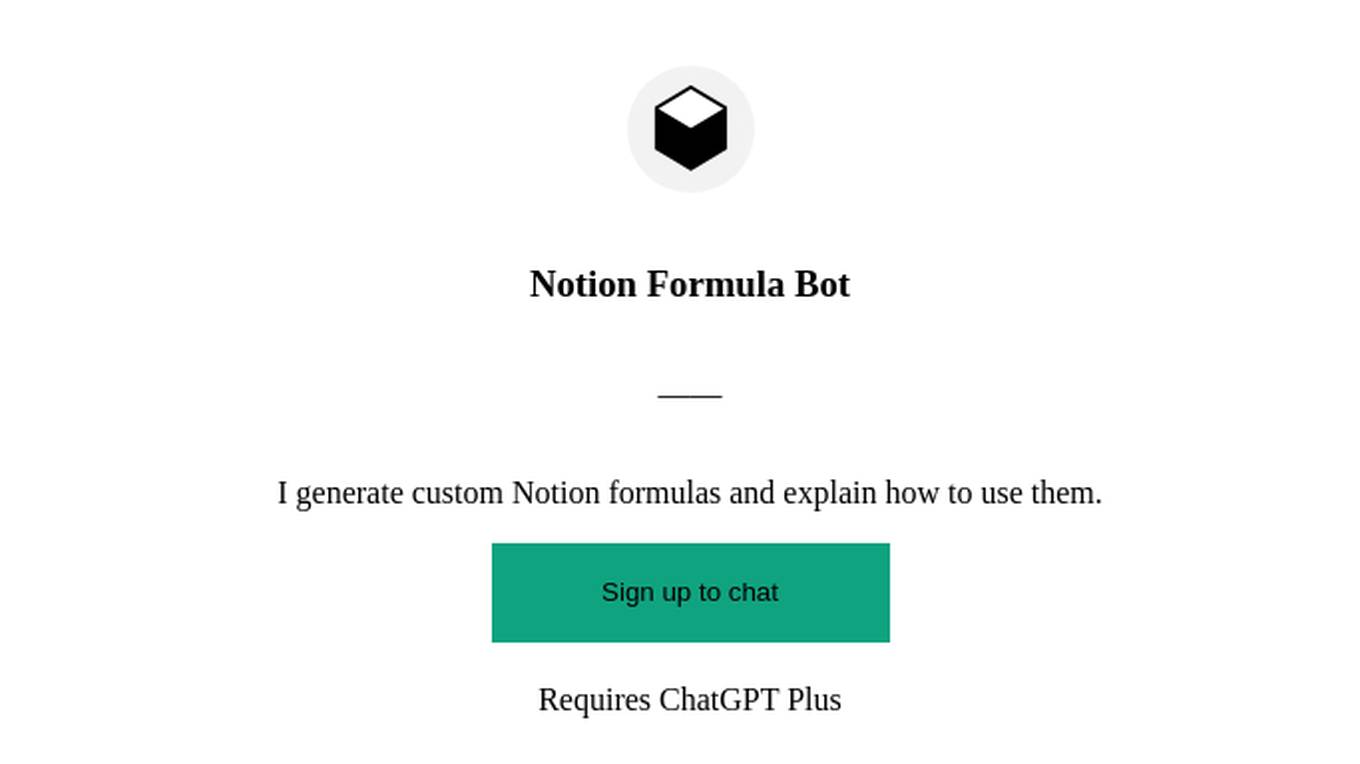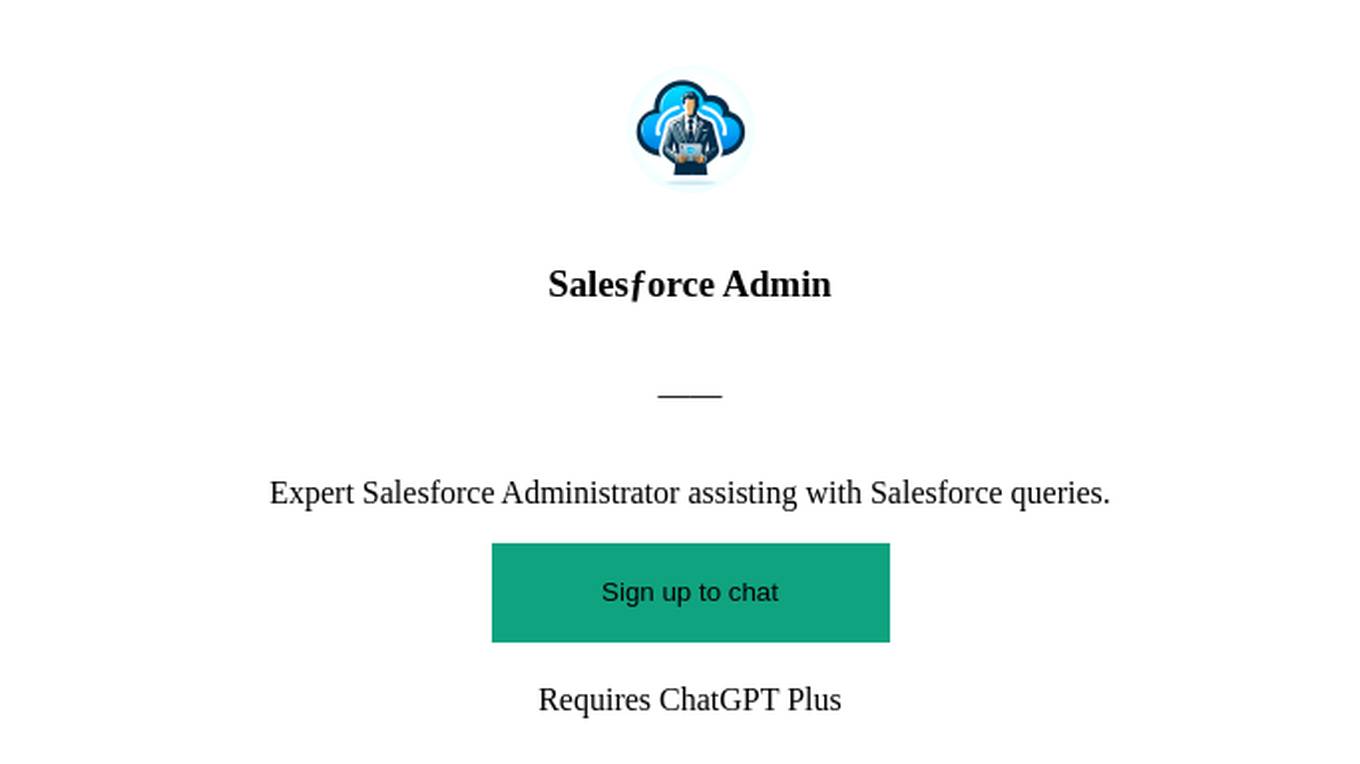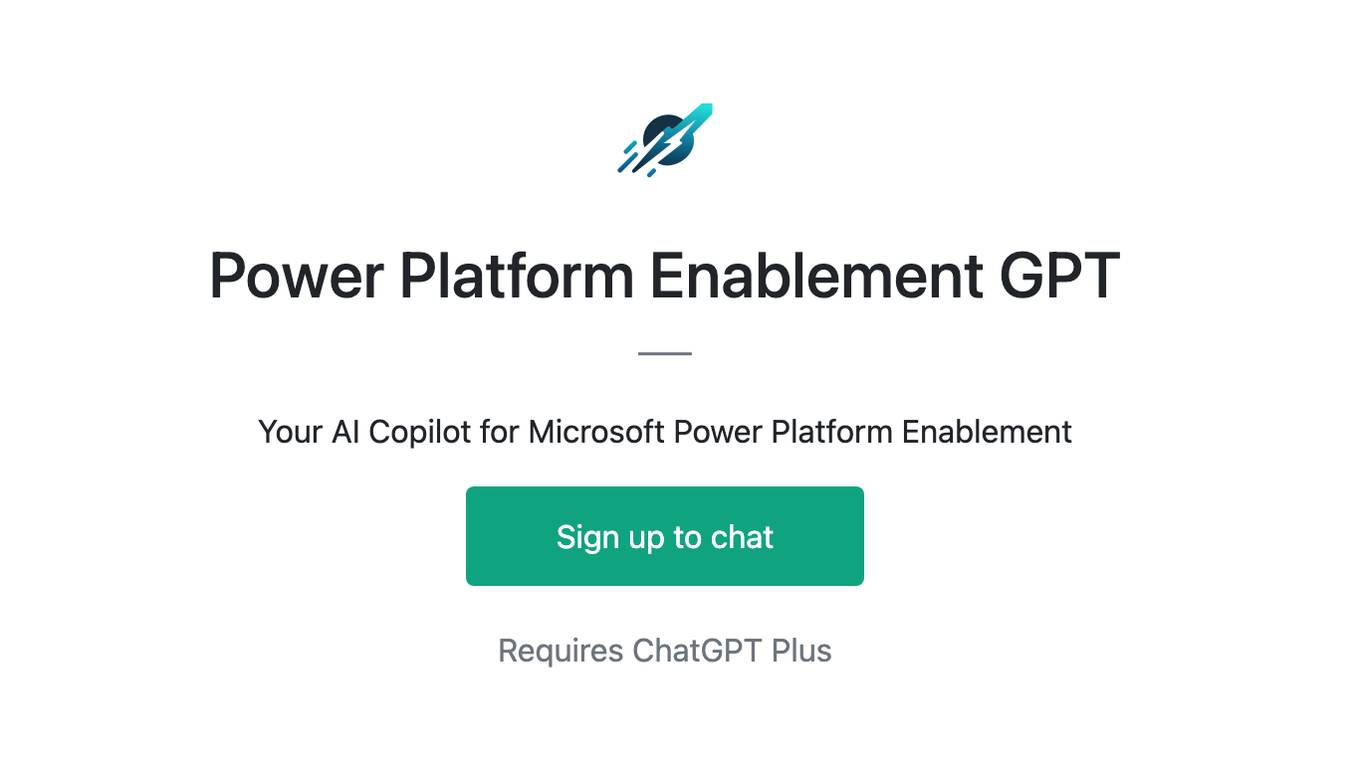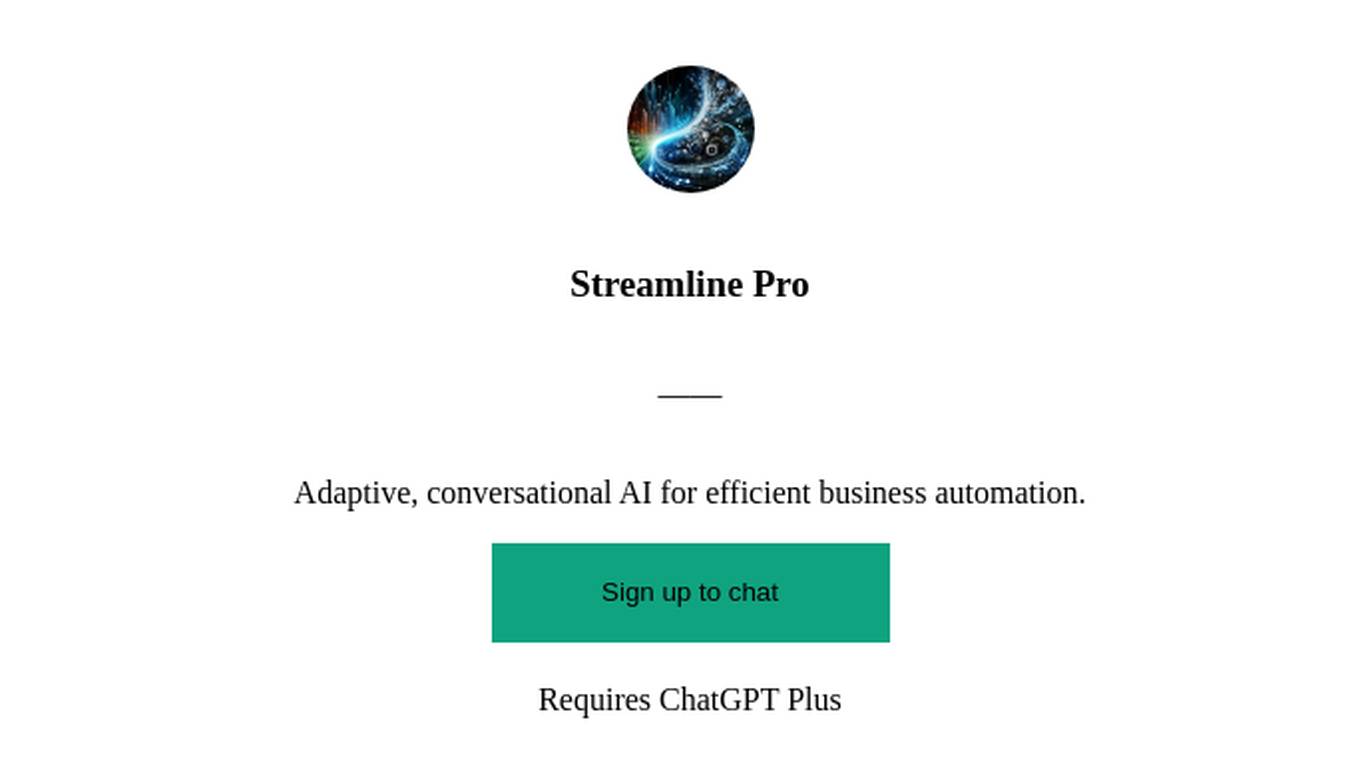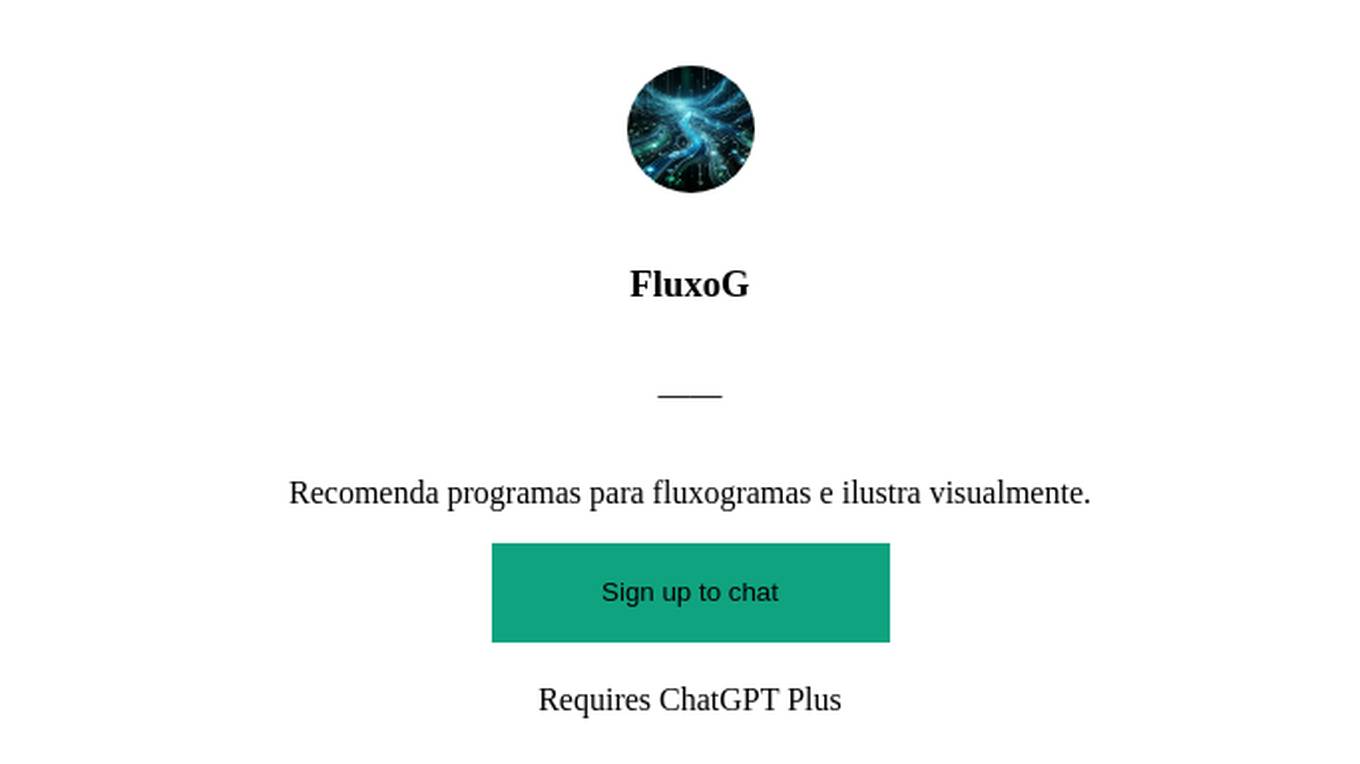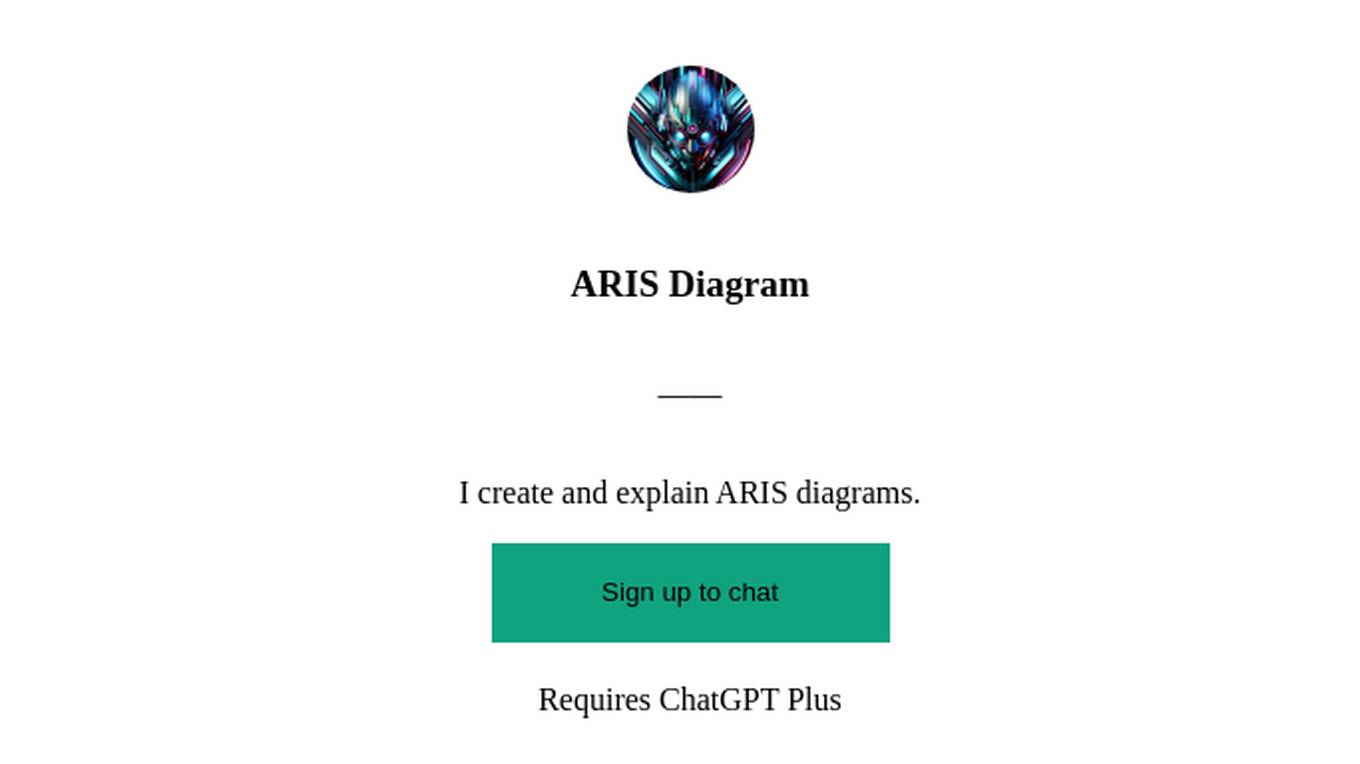Best AI tools for< Manage Data Workflows >
20 - AI tool Sites
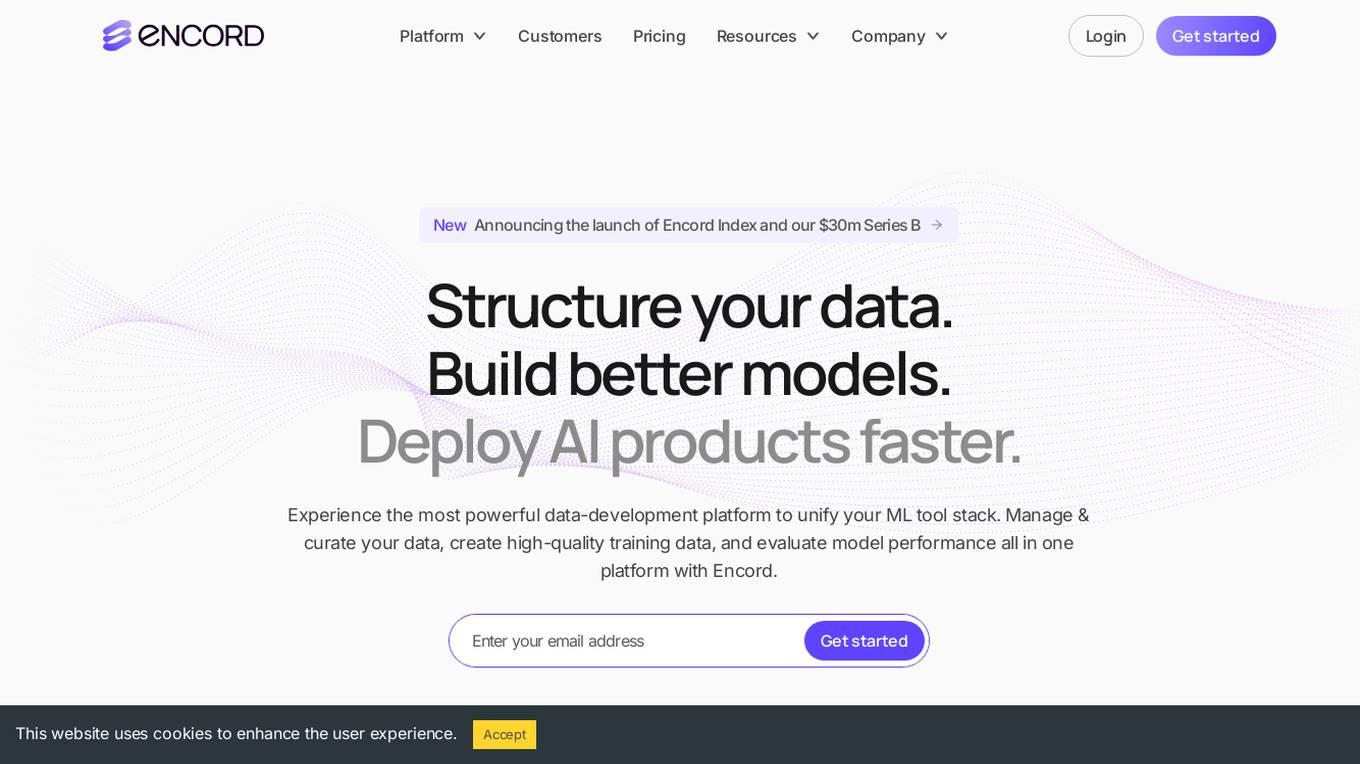
Encord
Encord is a leading data development platform designed for computer vision and multimodal AI teams. It offers a comprehensive suite of tools to manage, clean, and curate data, streamline labeling and workflow management, and evaluate AI model performance. With features like data indexing, annotation, and active model evaluation, Encord empowers users to accelerate their AI data workflows and build robust models efficiently.
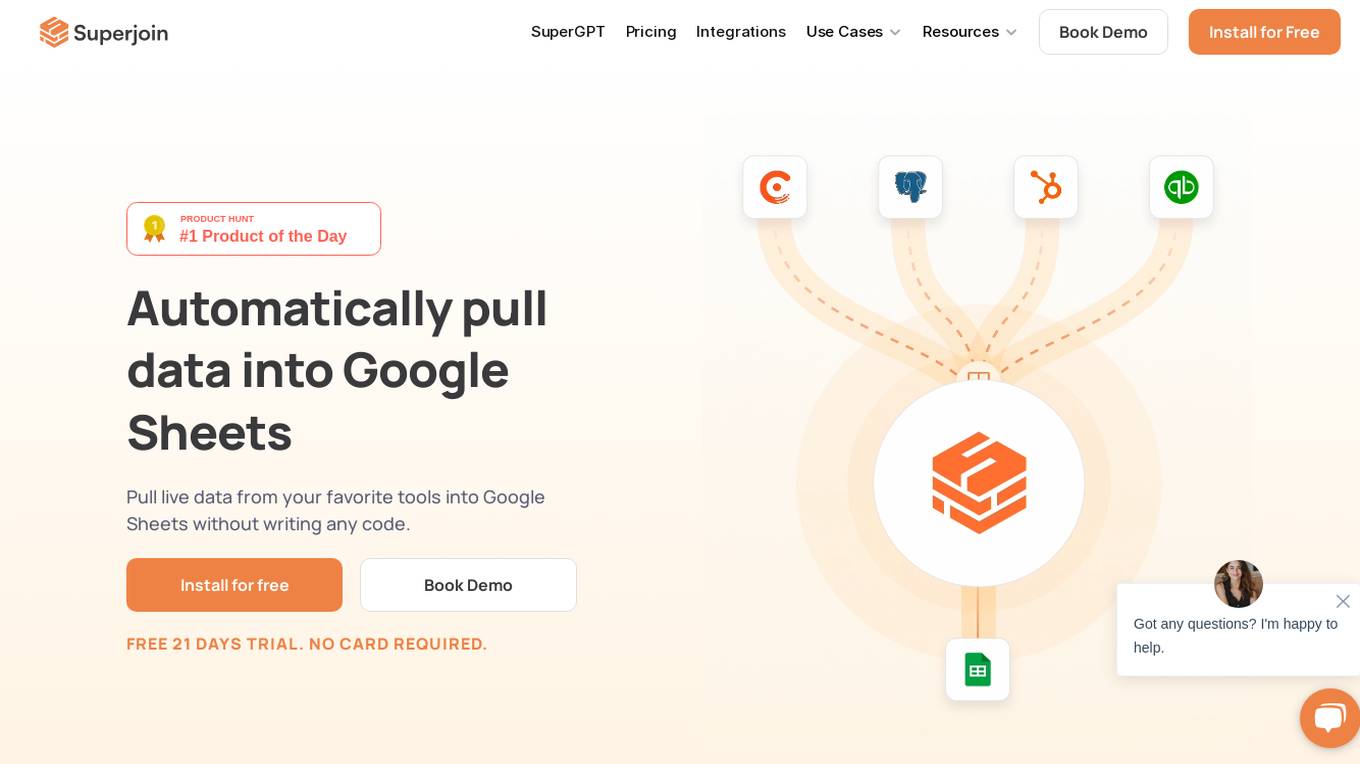
Superjoin
Superjoin is an AI-powered tool that allows users to automatically pull data from various tools into Google Sheets without the need for writing any code. It offers features like one-click connectors, auto-refresh schedules, data preview, and the ability to send report screenshots to Slack and Email. Superjoin is loved by thousands of users across hundreds of companies for its efficiency in automating workflows and data management.
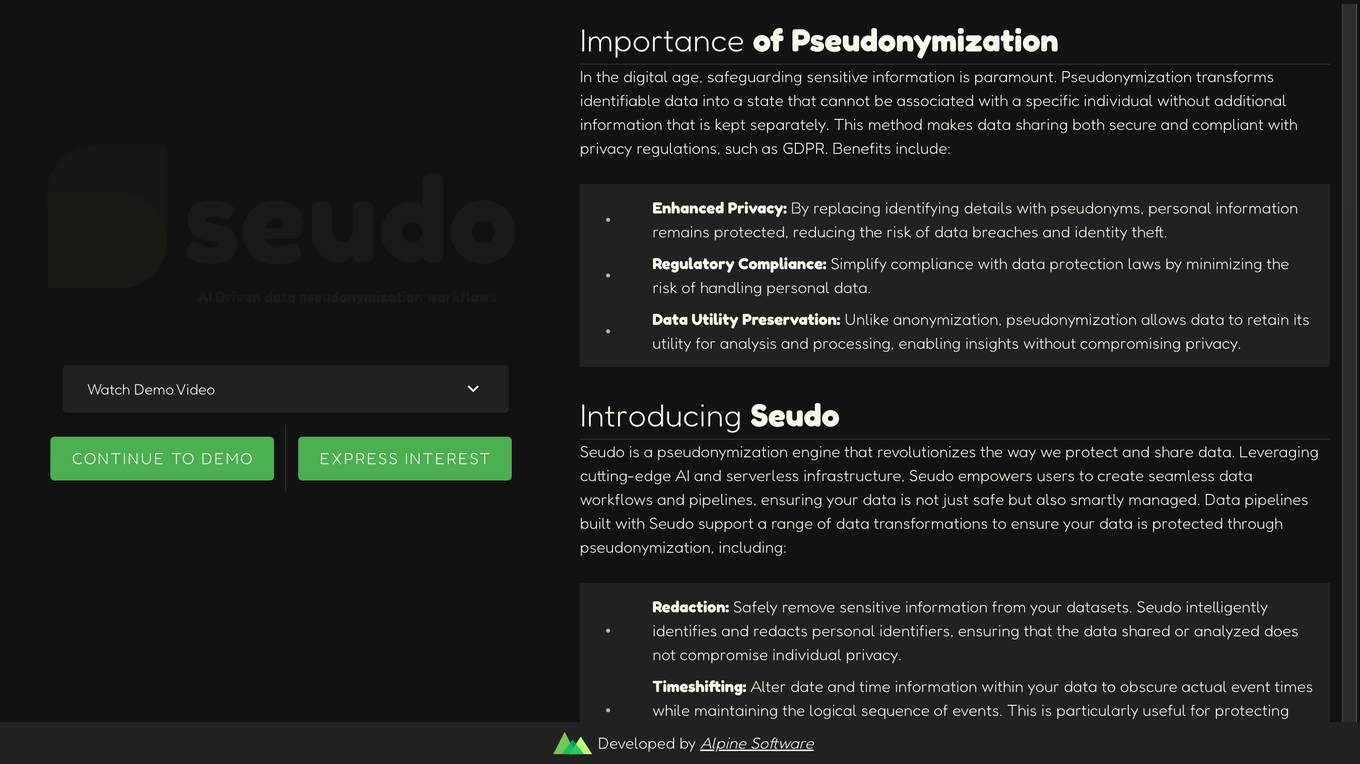
Seudo
Seudo is a data workflow automation platform that uses AI to help businesses automate their data processes. It provides a variety of features to help businesses with data integration, data cleansing, data transformation, and data analysis. Seudo is designed to be easy to use, even for businesses with no prior experience with AI. It offers a drag-and-drop interface that makes it easy to create and manage data workflows. Seudo also provides a variety of pre-built templates that can be used to get started quickly.
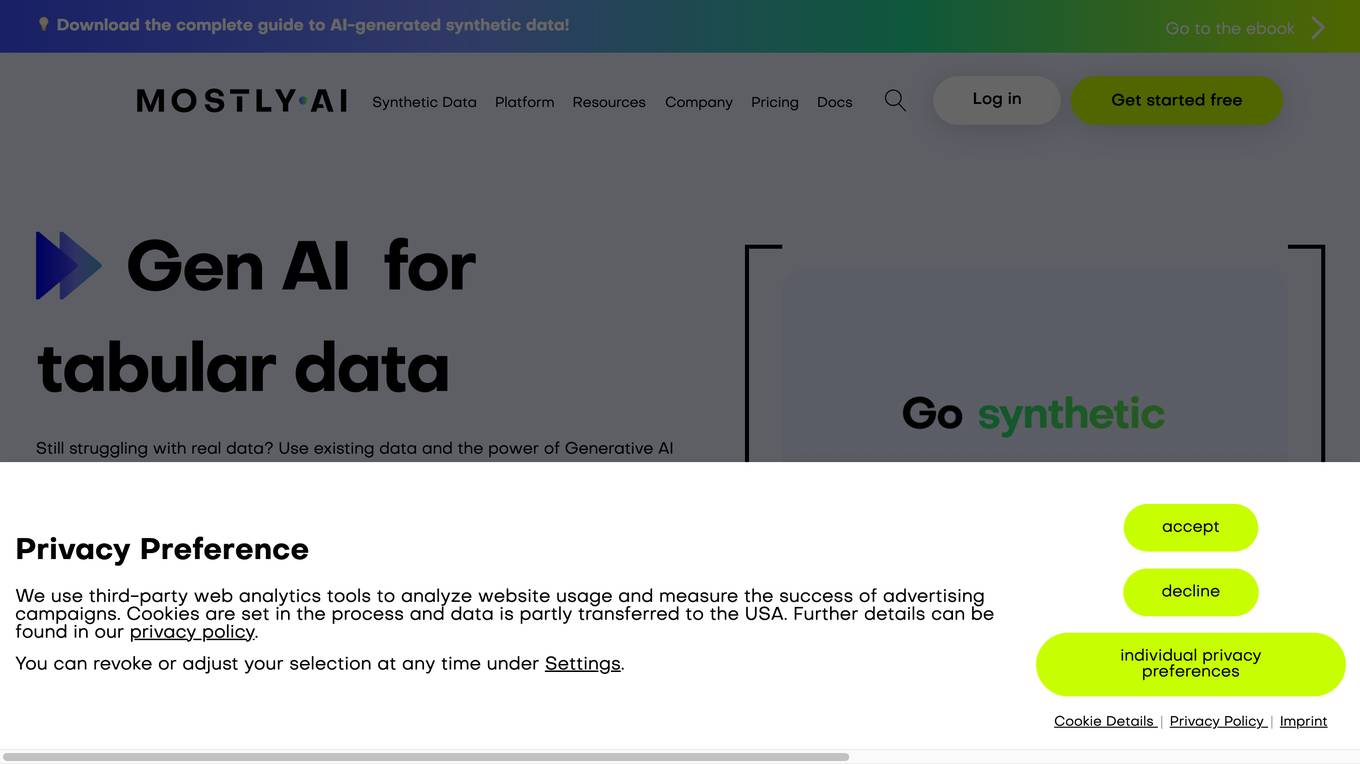
MOSTLY AI Platform
The website offers a Synthetic Data Generation platform with the highest accuracy for free. It provides detailed information on synthetic data, data anonymization, and features a Python Client for data generation. The platform ensures privacy and security, allowing users to create fully anonymous synthetic data from original data. It supports various AI/ML use cases, self-service analytics, testing & QA, and data sharing. The platform is designed for Enterprise organizations, offering scalability, privacy by design, and the world's most accurate synthetic data.
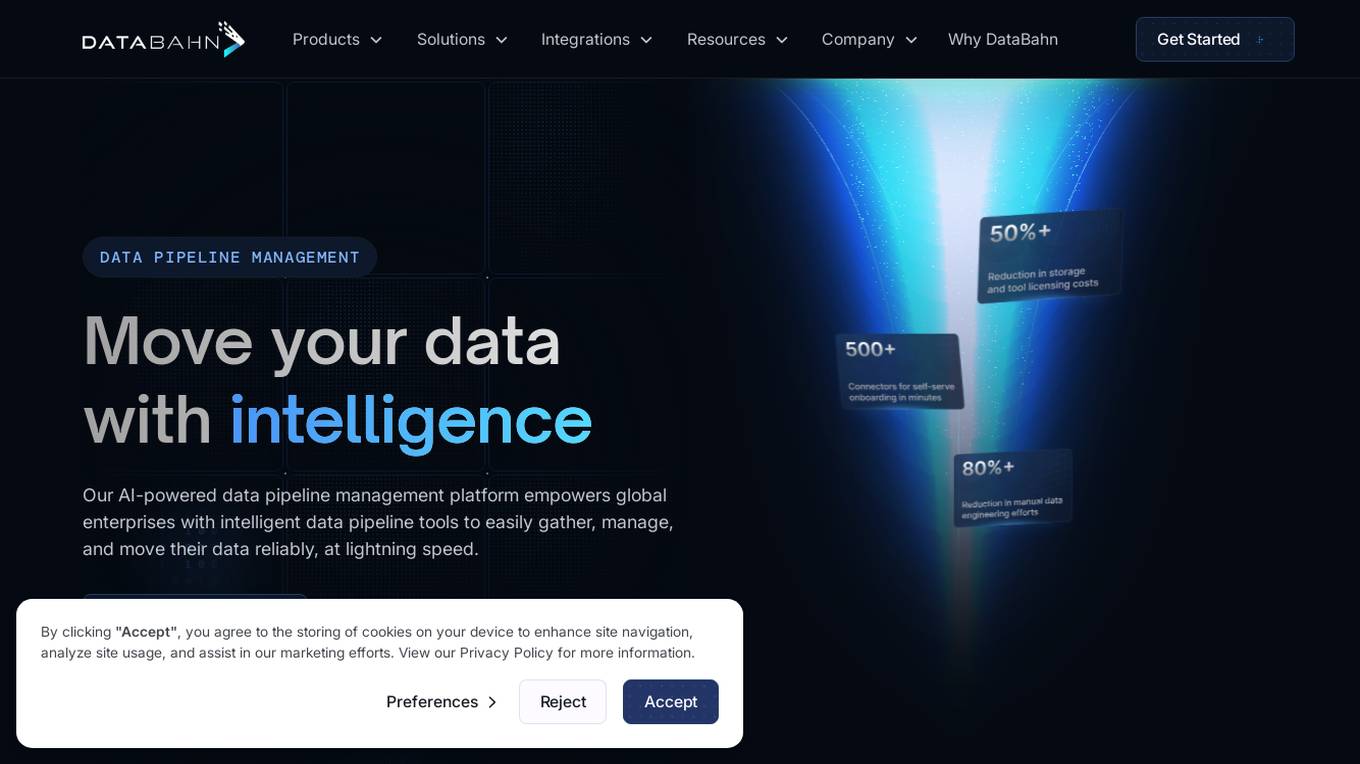
DataBahn
DataBahn is an AI-powered data pipeline management platform that empowers global enterprises with intelligent tools to gather, manage, and move data reliably and quickly. It offers a comprehensive solution for data integration, management, and optimization, helping users save costs and time. The platform ensures real-time insights, agility, and value by automating data processes and providing complete data ownership and governance. DataBahn is trusted by ambitious companies and partners worldwide for its efficiency and effectiveness in handling data workflows.
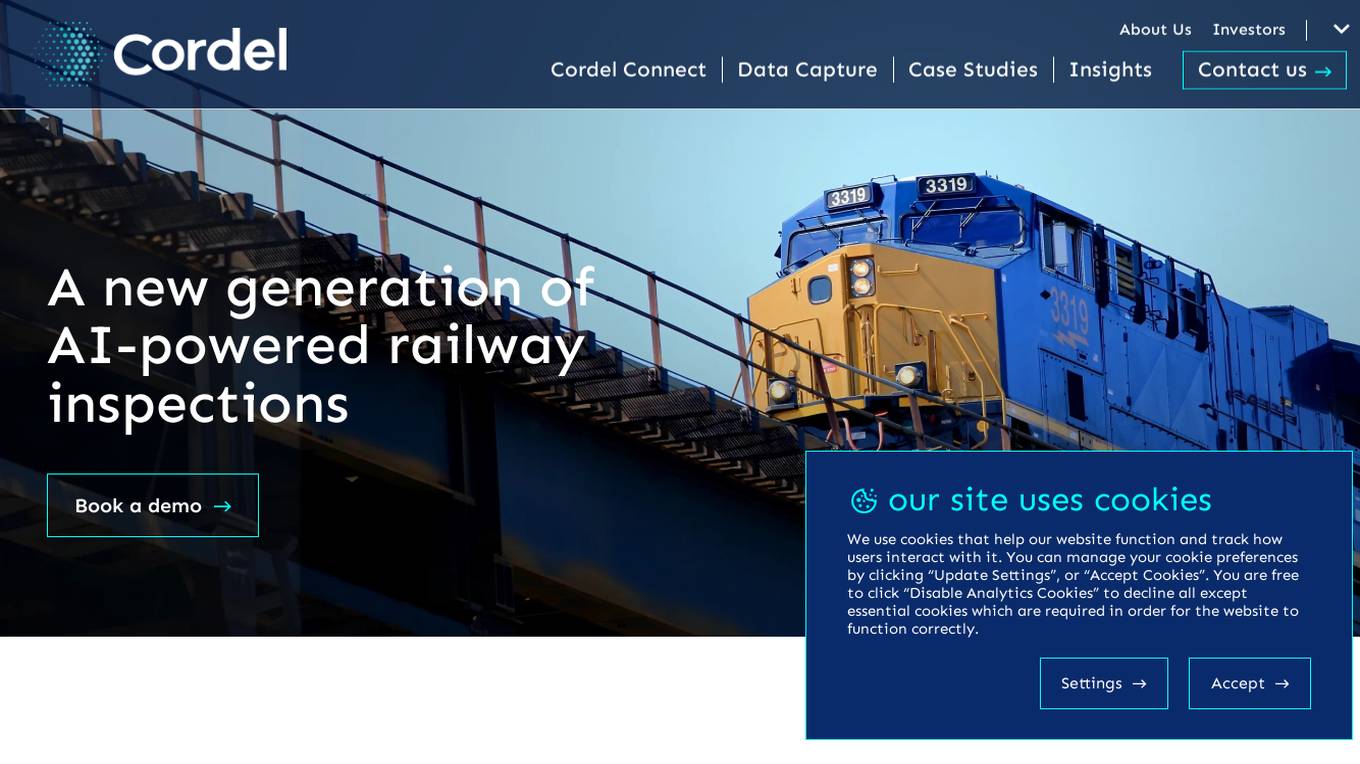
Cordel Connect
Cordel Connect is an open-data inspection management platform that enables the storage, management, visualization, and intelligent analysis of railway inspection data. It offers powerful, precise, unattended sensing systems and data workflows to help railways automate high-frequency, high-precision inspections from any rail vehicle. The platform consolidates all survey and inspection data into a single source of truth, eliminating data silos and integrating with existing systems. Cordel Connect utilizes powerful AI to automate the infrastructure inspection process, delivering improved inspection insights and compliance. It also provides modules for managing surveys, asset inspections, and safety compliance assessments tailored to network standards.
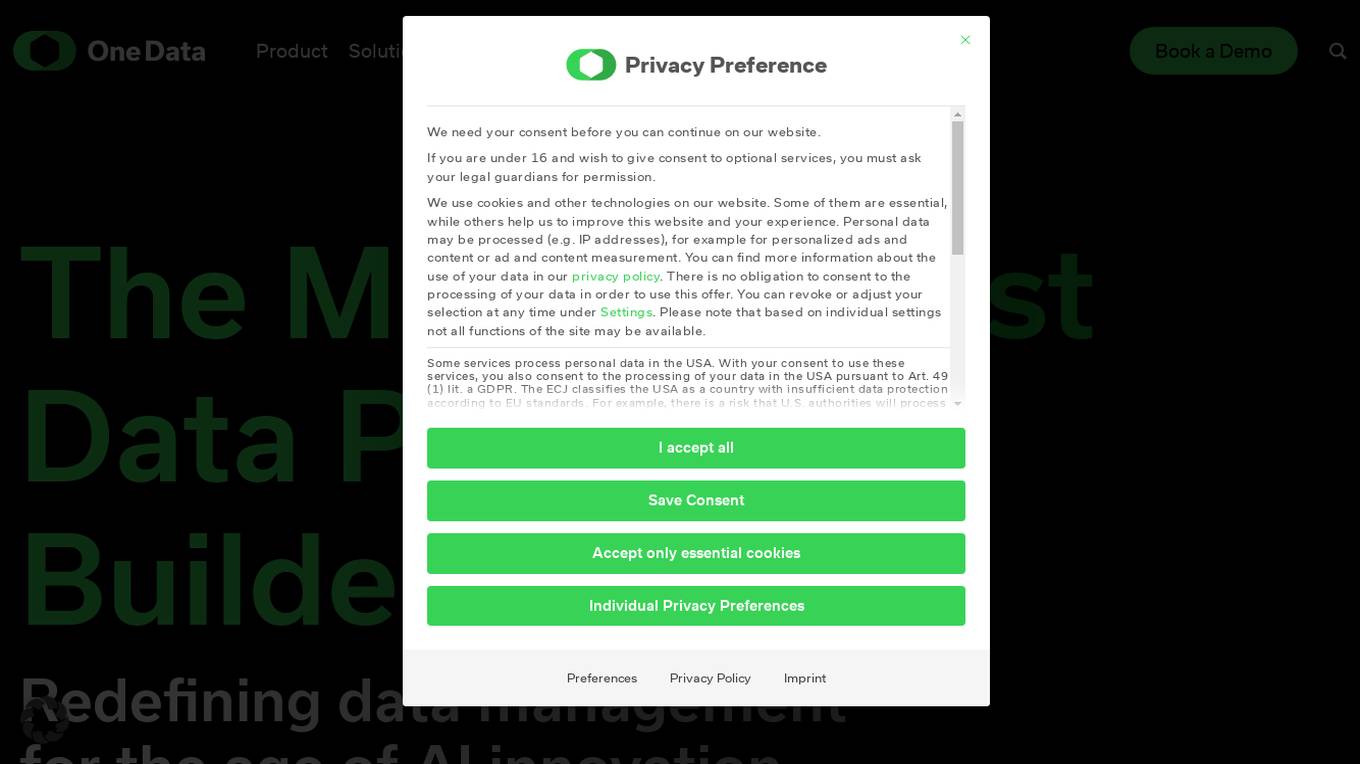
One Data
One Data is an AI-powered data product builder that offers a comprehensive solution for building, managing, and sharing data products. It bridges the gap between IT and business by providing AI-powered workflows, lifecycle management, data quality assurance, and data governance features. The platform enables users to easily create, access, and share data products with automated processes and quality alerts. One Data is trusted by enterprises and aims to streamline data product management and accessibility through Data Mesh or Data Fabric approaches, enhancing efficiency in logistics and supply chains. The application is designed to accelerate business impact with reliable data products and support cost reduction initiatives with advanced analytics and collaboration for innovative business models.
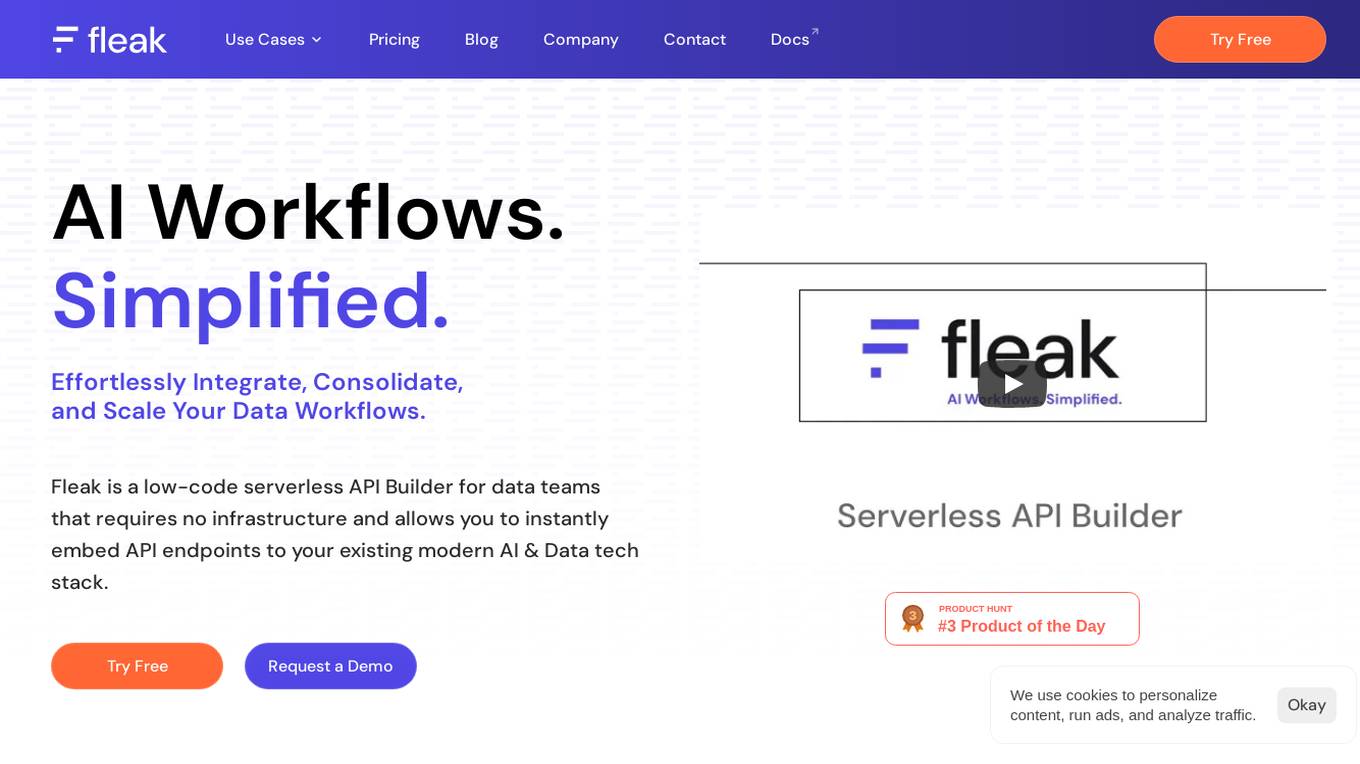
Fleak AI Workflows
Fleak AI Workflows is a low-code serverless API Builder designed for data teams to effortlessly integrate, consolidate, and scale their data workflows. It simplifies the process of creating, connecting, and deploying workflows in minutes, offering intuitive tools to handle data transformations and integrate AI models seamlessly. Fleak enables users to publish, manage, and monitor APIs effortlessly, without the need for infrastructure requirements. It supports various data types like JSON, SQL, CSV, and Plain Text, and allows integration with large language models, databases, and modern storage technologies.
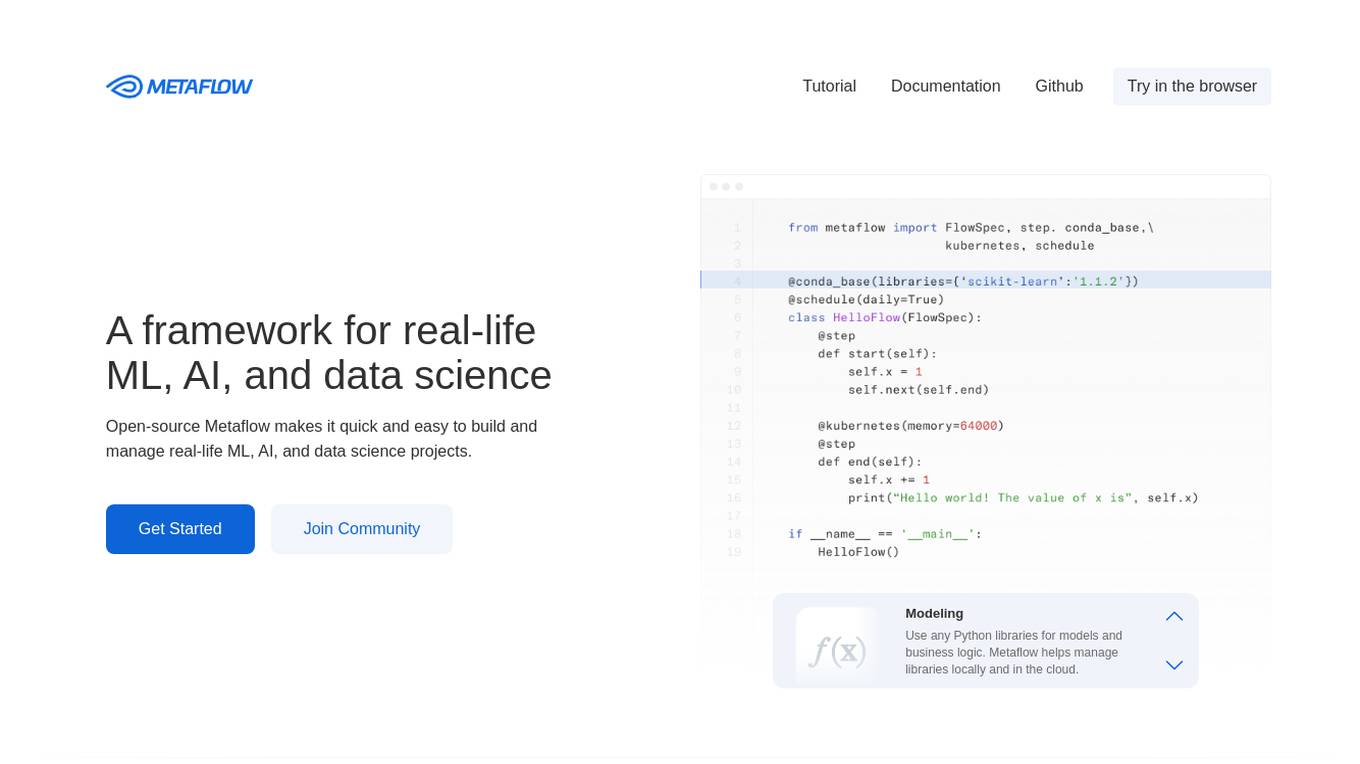
Metaflow
Metaflow is an open-source framework for building and managing real-life ML, AI, and data science projects. It makes it easy to use any Python libraries for models and business logic, deploy workflows to production with a single command, track and store variables inside the flow automatically for easy experiment tracking and debugging, and create robust workflows in plain Python. Metaflow is used by hundreds of companies, including Netflix, 23andMe, and Realtor.com.
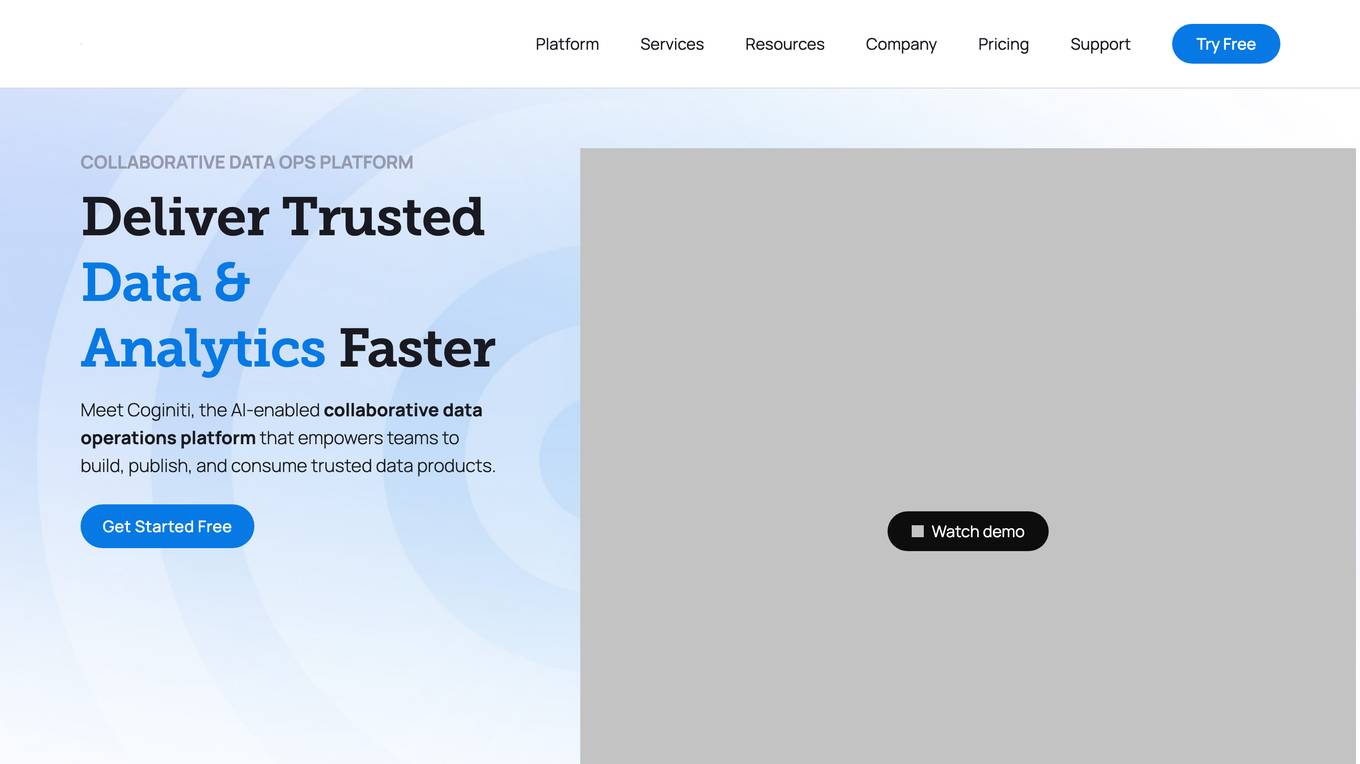
Coginiti
Coginiti is a collaborative analytics platform and tools designed for SQL developers, data scientists, engineers, and analysts. It offers capabilities such as AI assistant, data mesh, database & object store support, powerful query & analysis, and share & reuse curated assets. Coginiti empowers teams and organizations to manage collaborative practices, data efficiency, and deliver trusted data products faster. The platform integrates modular analytic development, collaborative versioned teamwork, and a data quality framework to enhance productivity and ensure data reliability. Coginiti also provides an AI-enabled virtual analytics advisor to boost team efficiency and empower data heroes.
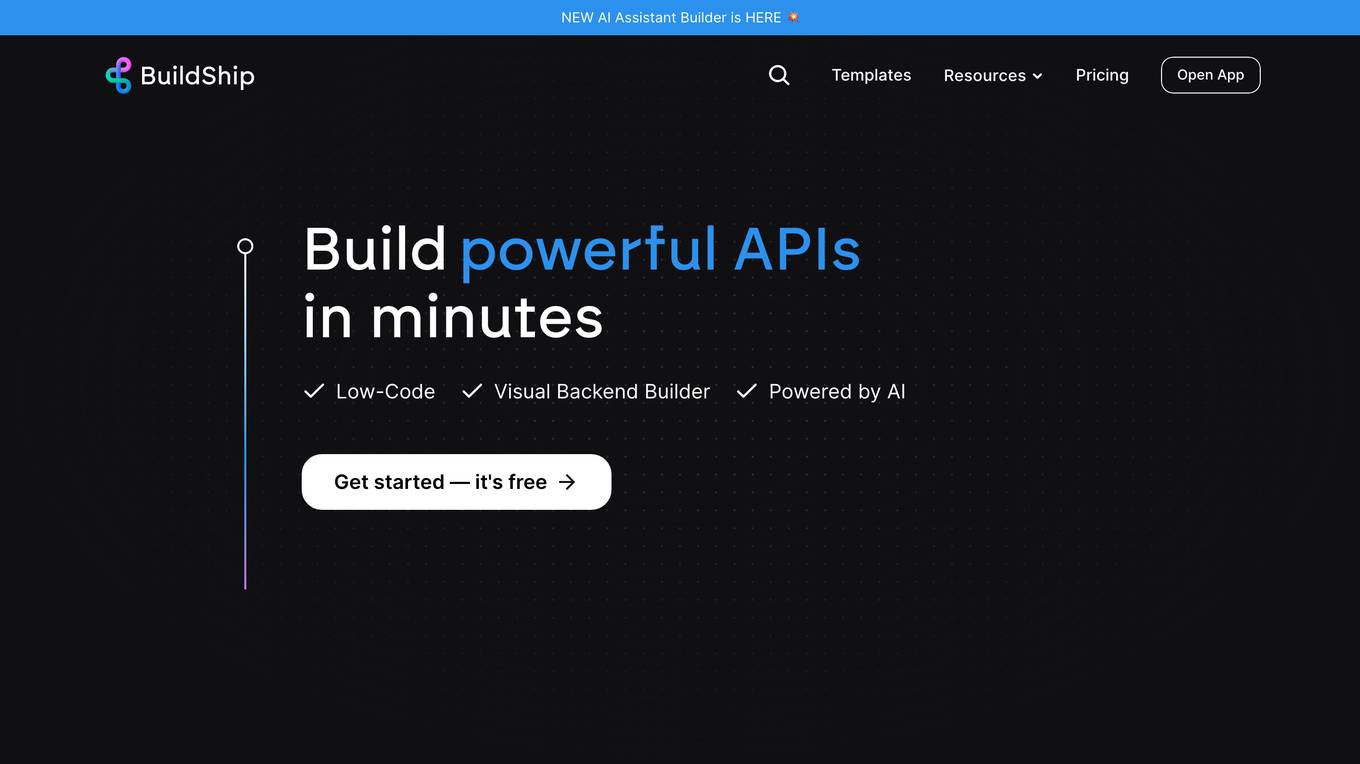
BuildShip
BuildShip is a low-code visual backend builder that allows users to create powerful APIs in minutes. It is powered by AI and offers a variety of features such as pre-built nodes, multimodal flows, and integration with popular AI models. BuildShip is suitable for a wide range of users, from beginners to experienced developers. It is also a great tool for teams who want to collaborate on backend development projects.
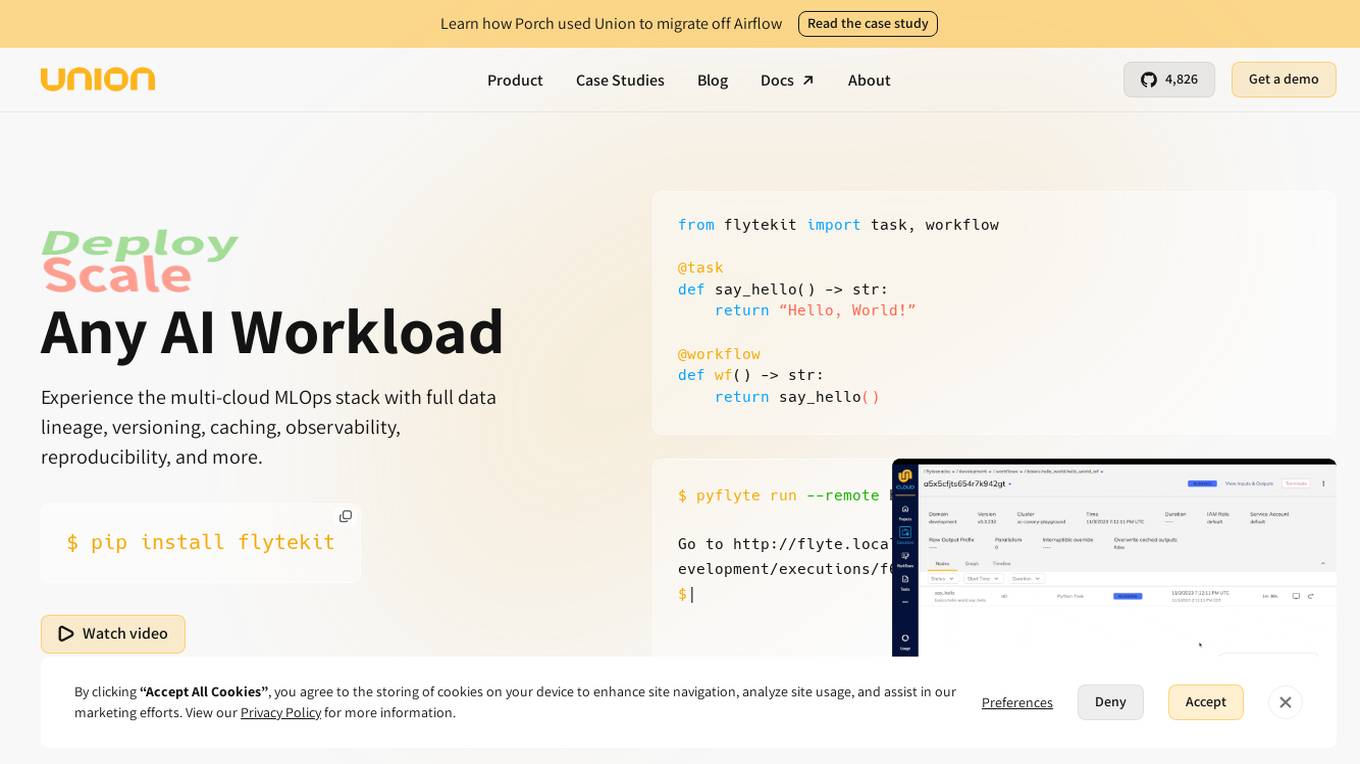
Union.ai
Union.ai is an infrastructure platform designed for AI, ML, and data workloads. It offers a scalable MLOps platform that optimizes resources, reduces costs, and fosters collaboration among team members. Union.ai provides features such as declarative infrastructure, data lineage tracking, accelerated datasets, and more to streamline AI orchestration on Kubernetes. It aims to simplify the management of AI, ML, and data workflows in production environments by addressing complexities and offering cost-effective strategies.
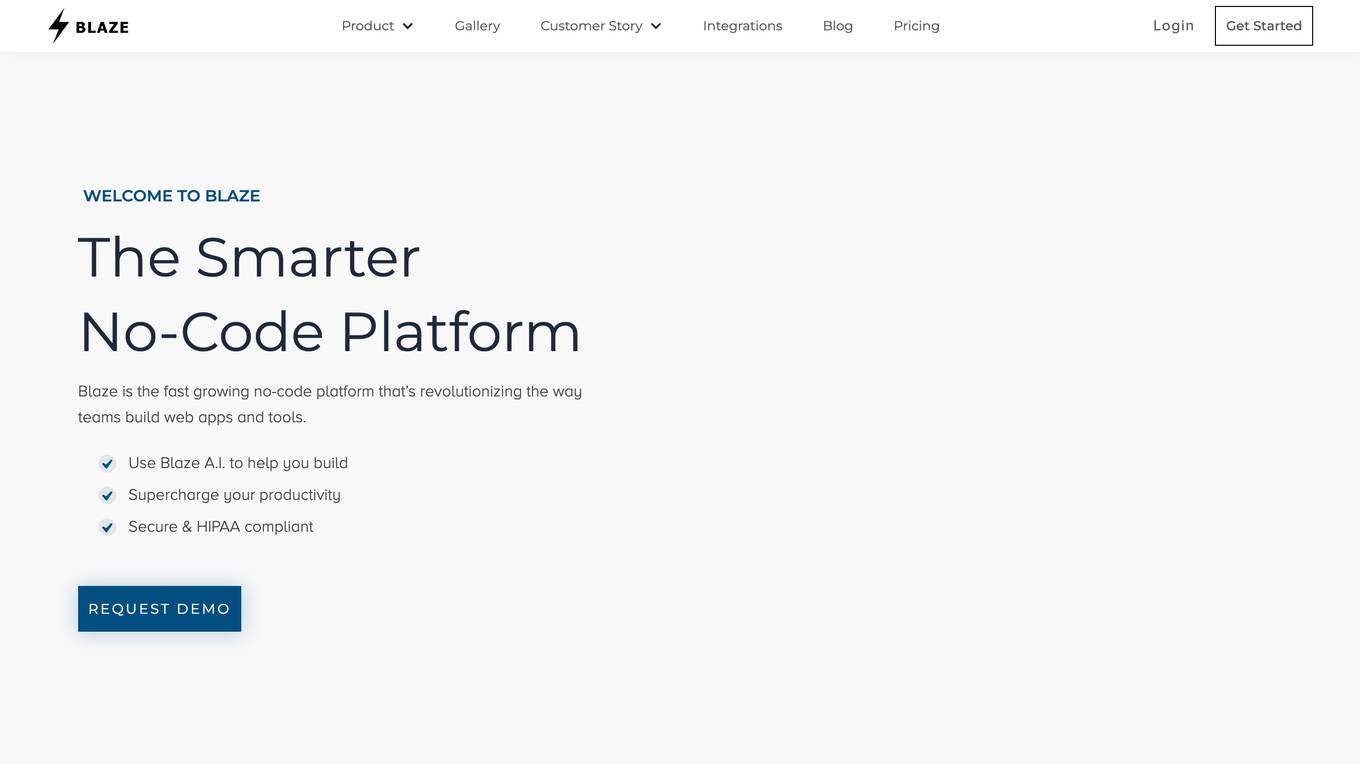
Blaze
Blaze is a no-code platform that enables teams to build web applications and internal tools without writing code. It offers a variety of features, including a visual creator, prebuilt integrations, user permissions, and enterprise security. Blaze is trusted by Fortune 500s and healthcare organizations and is HIPAA compliant.
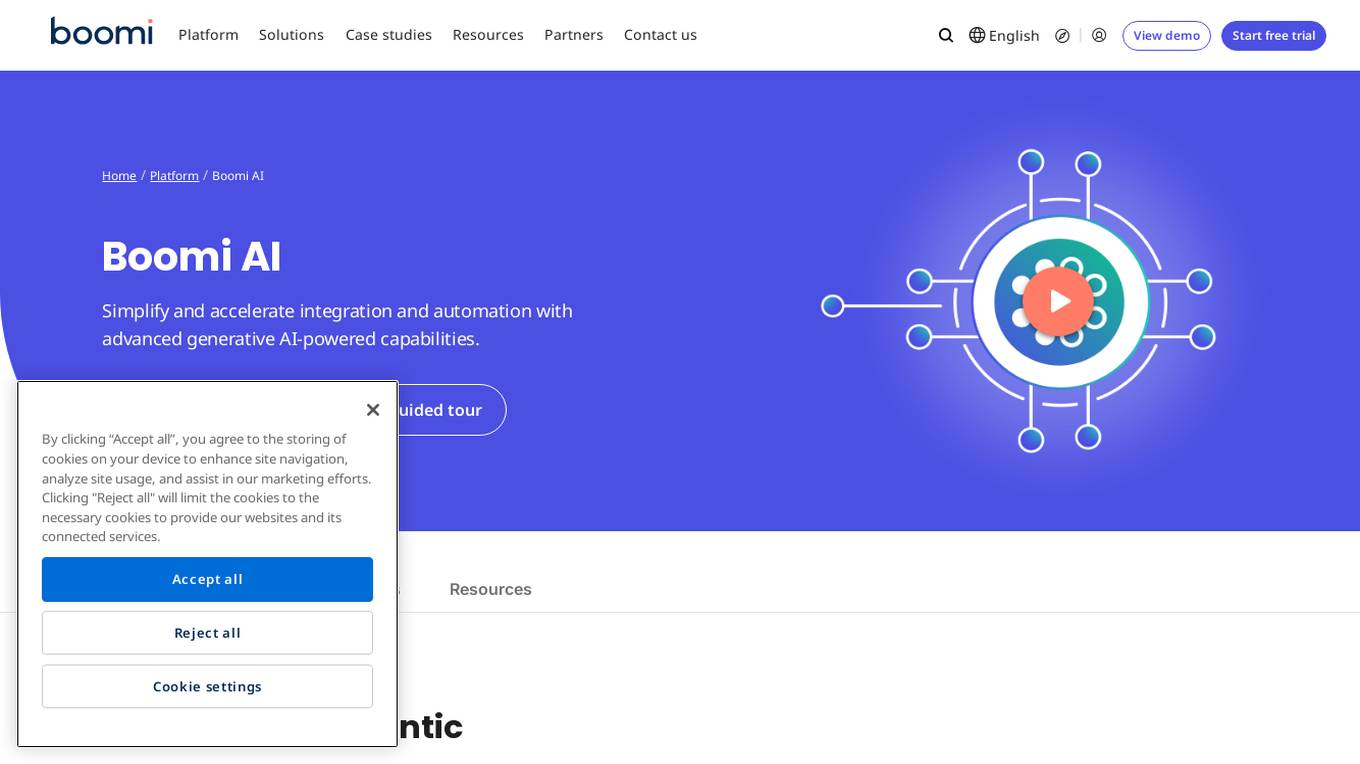
Boomi
Boomi is an AI-powered integration and automation platform that simplifies and accelerates business processes by leveraging generative AI capabilities. With over 20,000 customers worldwide, Boomi offers flexible pricing for small to enterprise-level businesses, ensuring security and compliance with regulatory standards. The platform enables seamless integration, automation, and management of applications, data, APIs, workflows, and event-driven integrations. Boomi AI Agents provide advanced features like AI-powered data classification, automated data mapping, error resolution, and process documentation. Boomi AI empowers businesses to streamline operations, enhance efficiency, and drive growth through proactive business intelligence and cross-team collaboration.
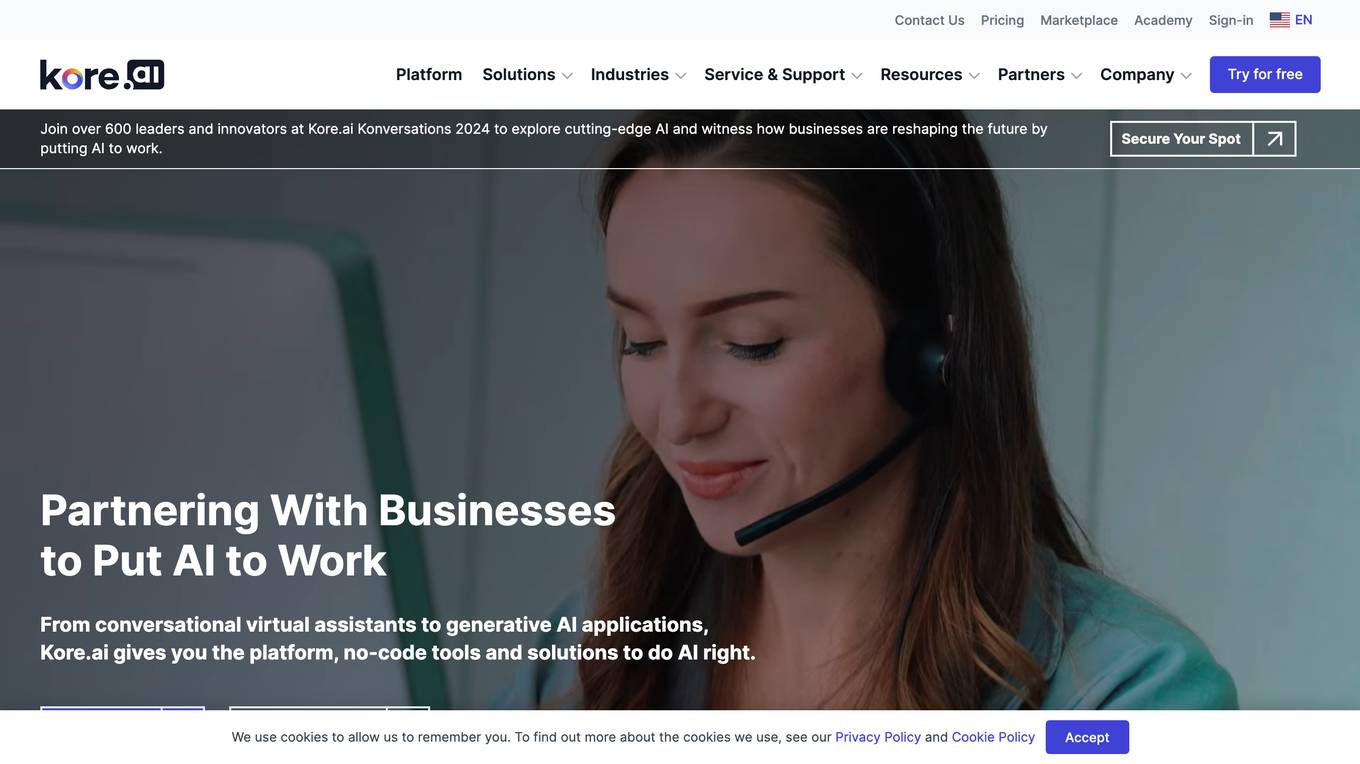
Kore.ai
Kore.ai is an enterprise AI platform that offers AI solutions for workforce, business, and customers. It provides a powerful agent platform and no-code tools to drive value from AI across various domains such as work, process, and service. With features like pre-built AI agents, custom agent tools, and universal workspace orchestration, Kore.ai empowers organizations to work faster and smarter. The platform caters to industries like banking, healthcare, retail, and more, offering AI solutions for improving operational efficiency, customer satisfaction, and service strategies.
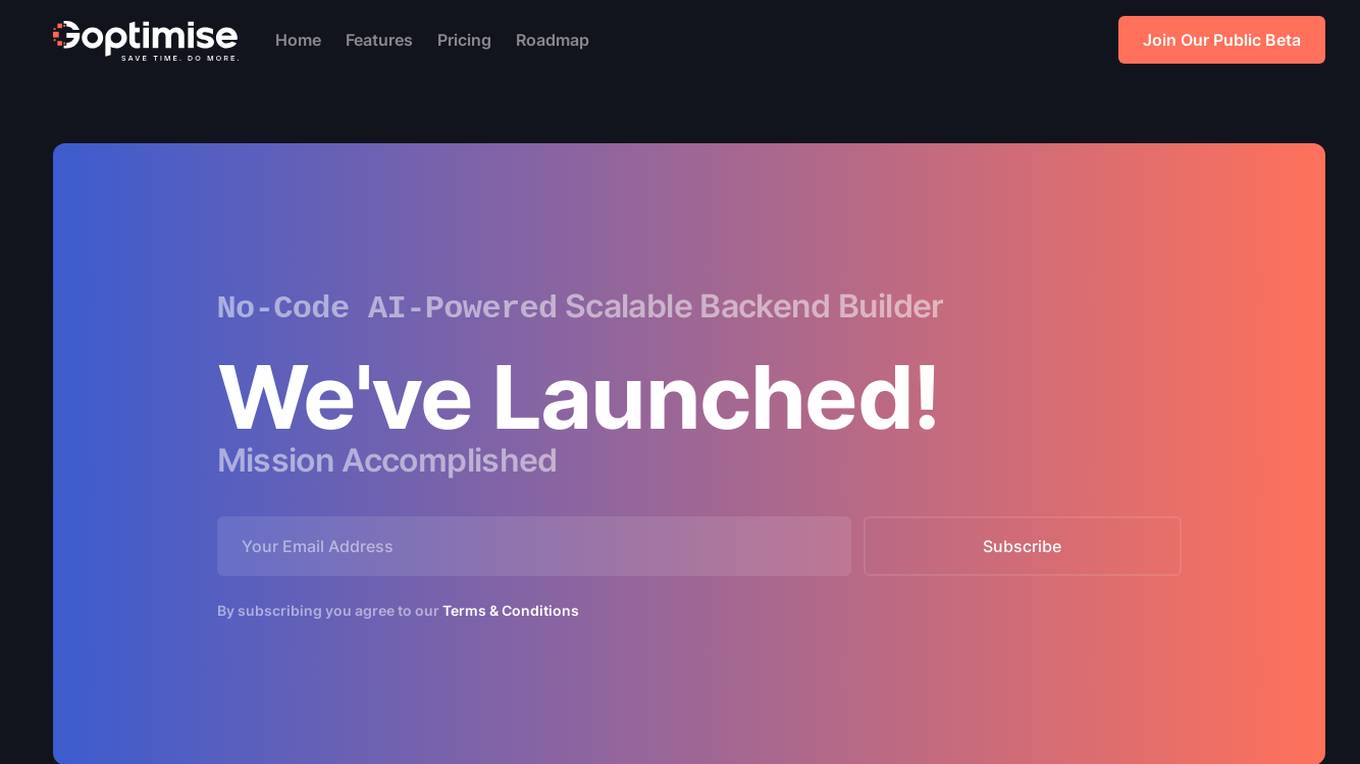
Goptimise
Goptimise is a no-code AI-powered scalable backend builder that helps developers craft scalable, seamless, powerful, and intuitive backend solutions. It offers a solid foundation with robust and scalable infrastructure, including dedicated infrastructure, security, and scalability. Goptimise simplifies software rollouts with one-click deployment, automating the process and amplifying productivity. It also provides smart API suggestions, leveraging AI algorithms to offer intelligent recommendations for API design and accelerating development with automated recommendations tailored to each project. Goptimise's intuitive visual interface and effortless integration make it easy to use, and its customizable workspaces allow for dynamic data management and a personalized development experience.
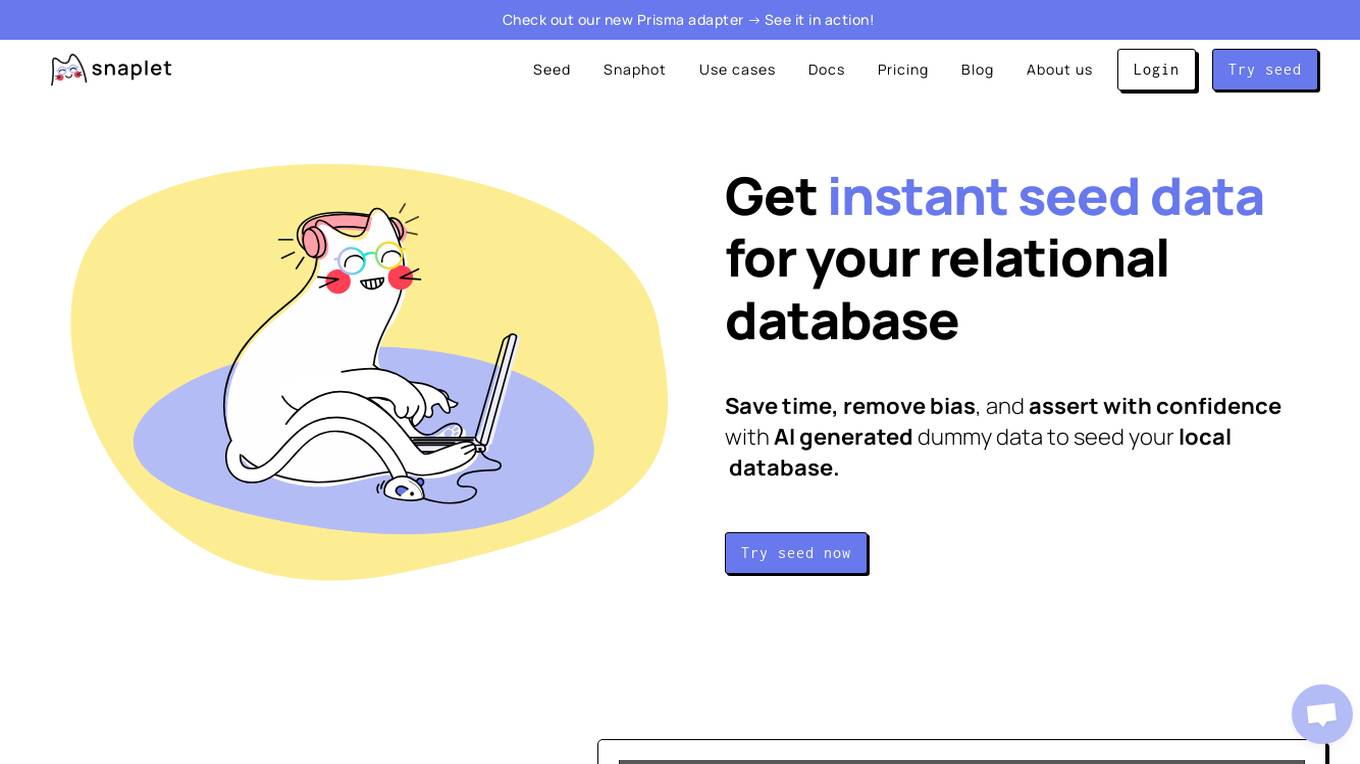
Snaplet
Snaplet is a data management tool for developers that provides AI-generated dummy data for local development, end-to-end testing, and debugging. It uses a real programming language (TypeScript) to define and edit data, ensuring type safety and auto-completion. Snaplet understands database structures and relationships, automatically transforming personally identifiable information and seeding data accordingly. It integrates seamlessly into development workflows, providing data where it's needed most: on local machines, for CI/CD testing, and preview environments.
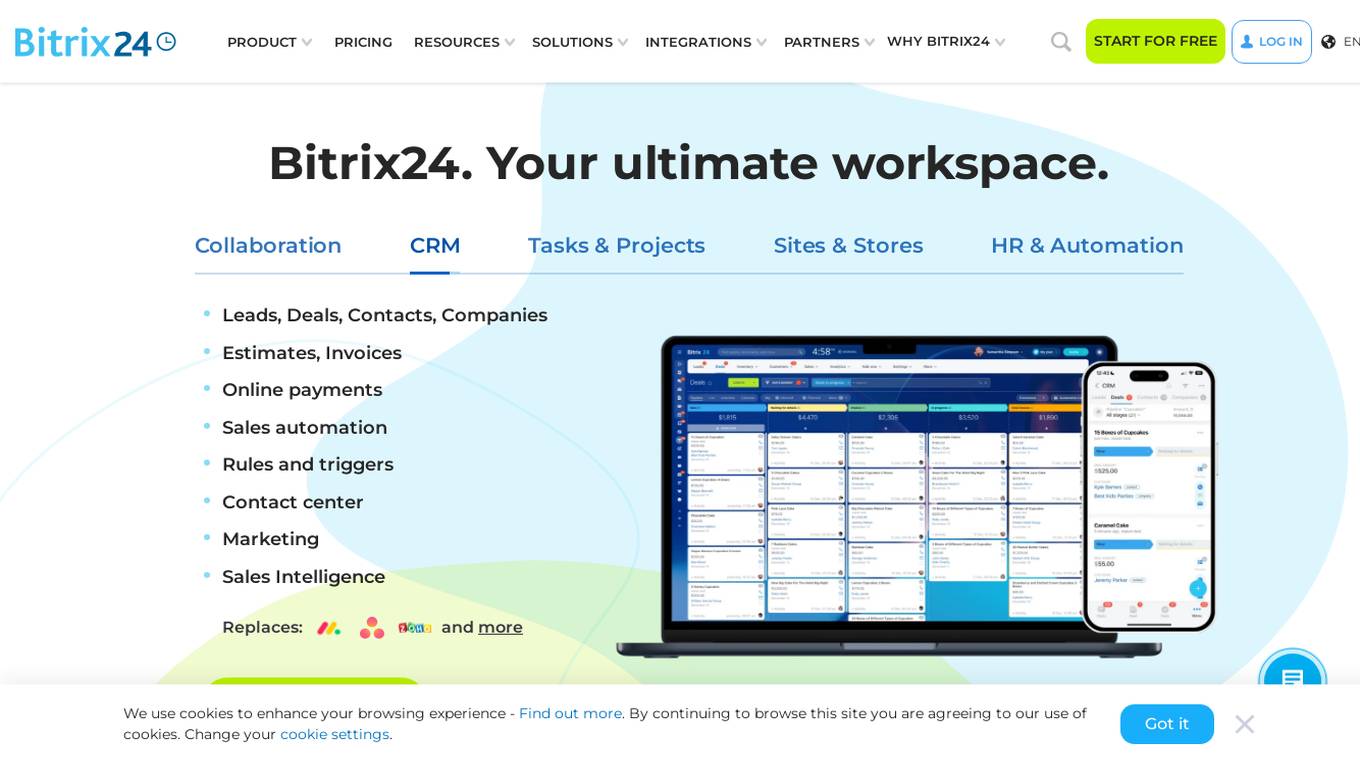
Bitrix24
Bitrix24 is an all-in-one online workspace for businesses, offering a wide range of tools and features such as CRM, task management, online meetings, collaboration, project management, HR management, and more. It provides a comprehensive platform for businesses to streamline their operations, improve productivity, and enhance communication and collaboration among team members.
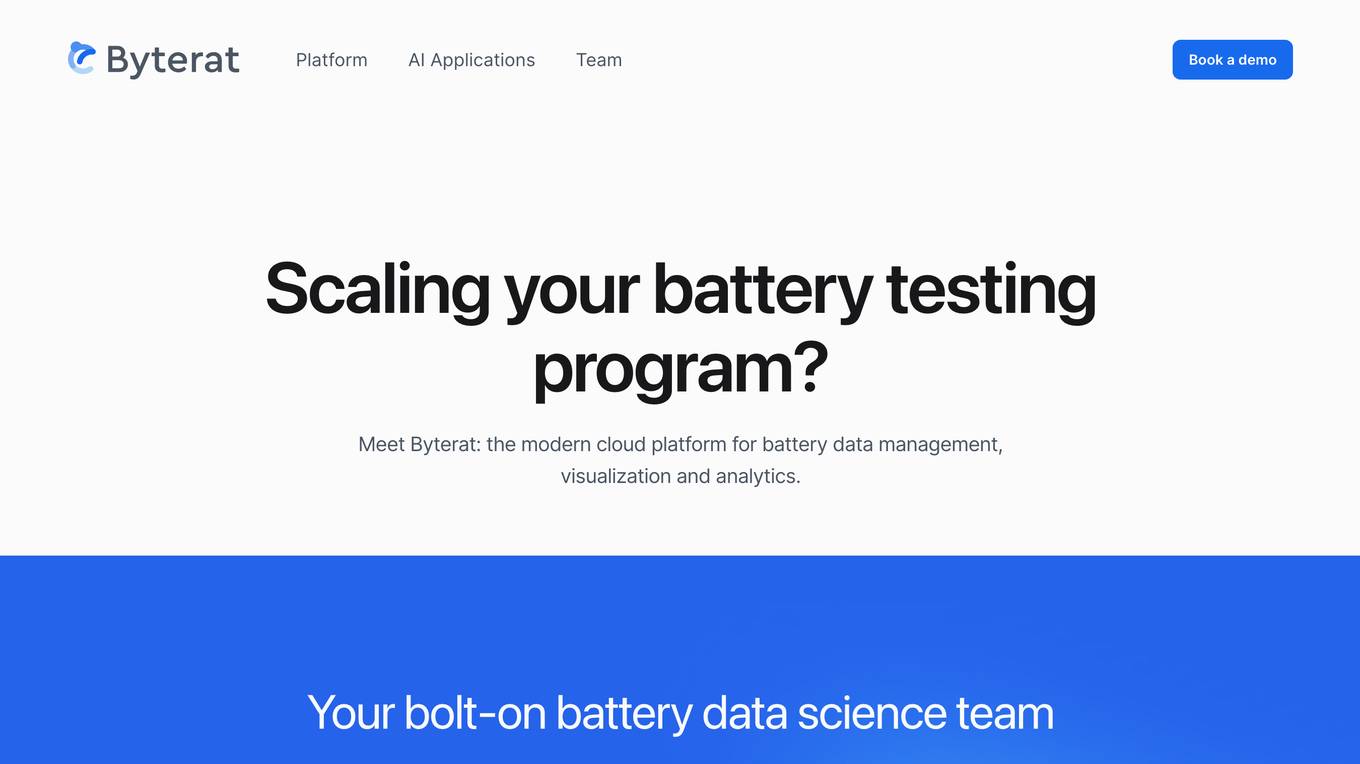
Byterat
Byterat is a cloud-based platform that provides battery data management, visualization, and analytics. It offers an end-to-end data pipeline that automatically synchronizes, processes, and visualizes materials, manufacturing, and test data from all labs. Byterat also provides 24/7 access to experiments from anywhere in the world and integrates seamlessly with current workflows. It is customizable to specific cell chemistries and allows users to build custom visualizations, dashboards, and analyses. Byterat's AI-powered battery research has been published in leading journals, and its team has pioneered a new class of models that extract tell-tale signals of battery health from electrical signals to forecast future performance.

Saasguru
Saasguru is a comprehensive Salesforce skilling and certification platform that empowers individuals to launch or advance their Salesforce careers. It offers a wide range of learning resources, including live classes, mock exams, projects, and personalized mentorship, to help learners develop a strong foundation in Salesforce and prepare for certification exams. Saasguru also provides job readiness support, connecting learners with potential employers and providing interview preparation assistance.
1 - Open Source AI Tools

Geoweaver
Geoweaver is an in-browser software that enables users to easily compose and execute full-stack data processing workflows using online spatial data facilities, high-performance computation platforms, and open-source deep learning libraries. It provides server management, code repository, workflow orchestration software, and history recording capabilities. Users can run it from both local and remote machines. Geoweaver aims to make data processing workflows manageable for non-coder scientists and preserve model run history. It offers features like progress storage, organization, SSH connection to external servers, and a web UI with Python support.
20 - OpenAI Gpts
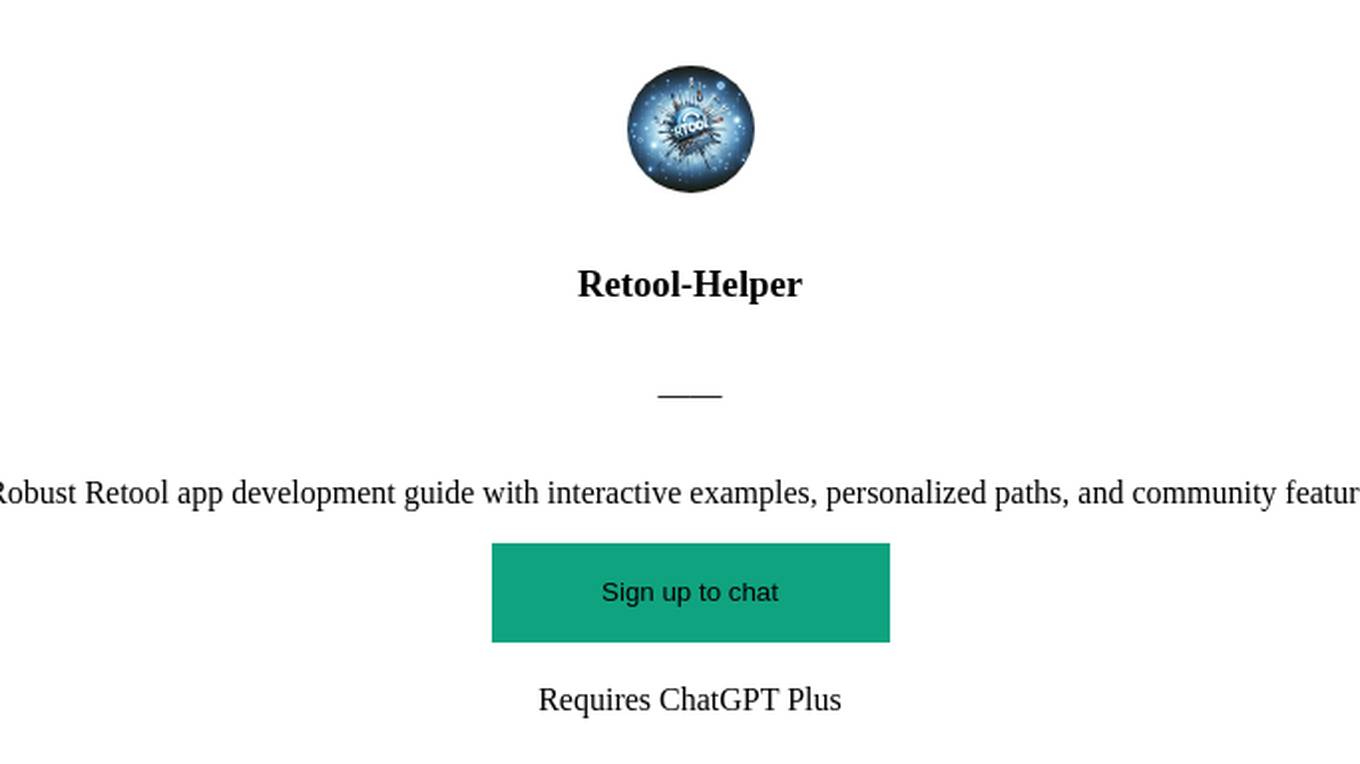
Retool-Helper
Robust Retool app development guide with interactive examples, personalized paths, and community features.
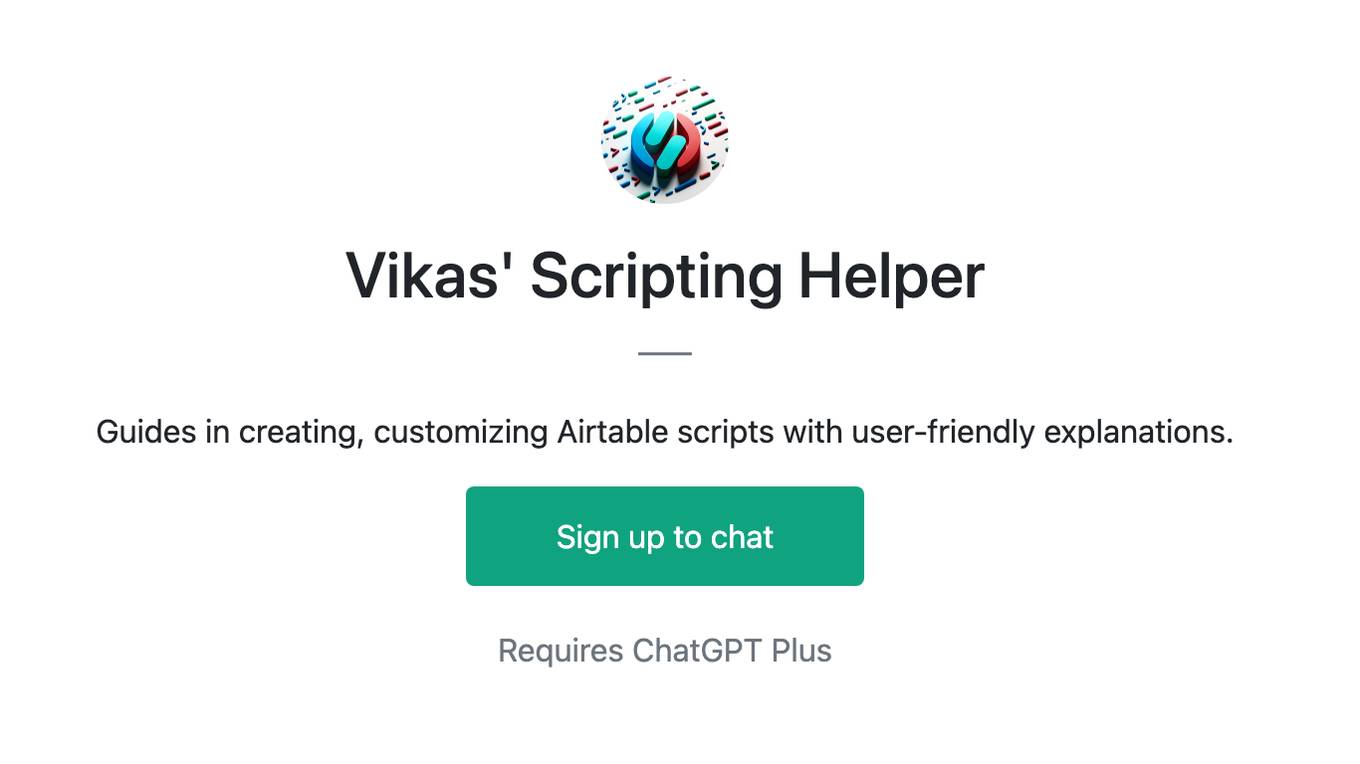
Vikas' Scripting Helper
Guides in creating, customizing Airtable scripts with user-friendly explanations.
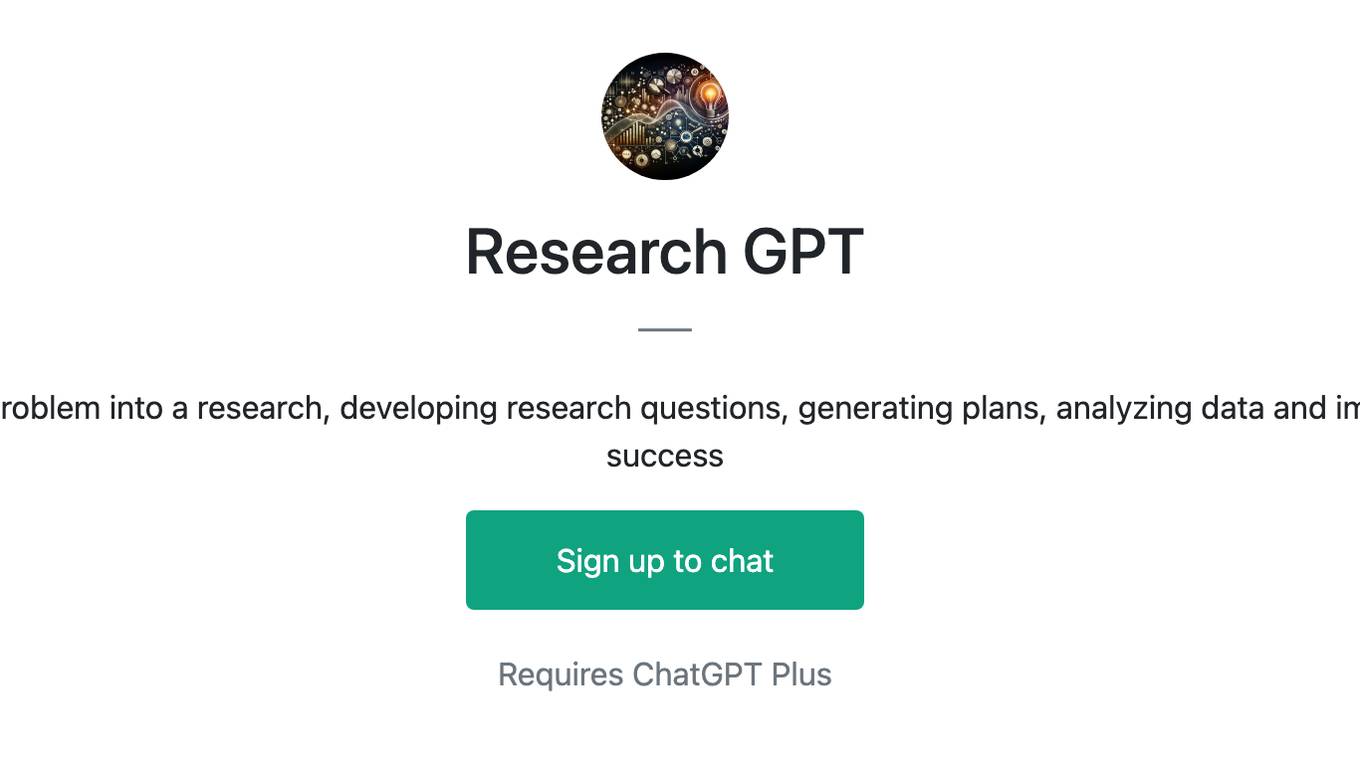
Research GPT
Your AI research assistant, for turning a problem into a research, developing research questions, generating plans, analyzing data and improving research workflows for project success
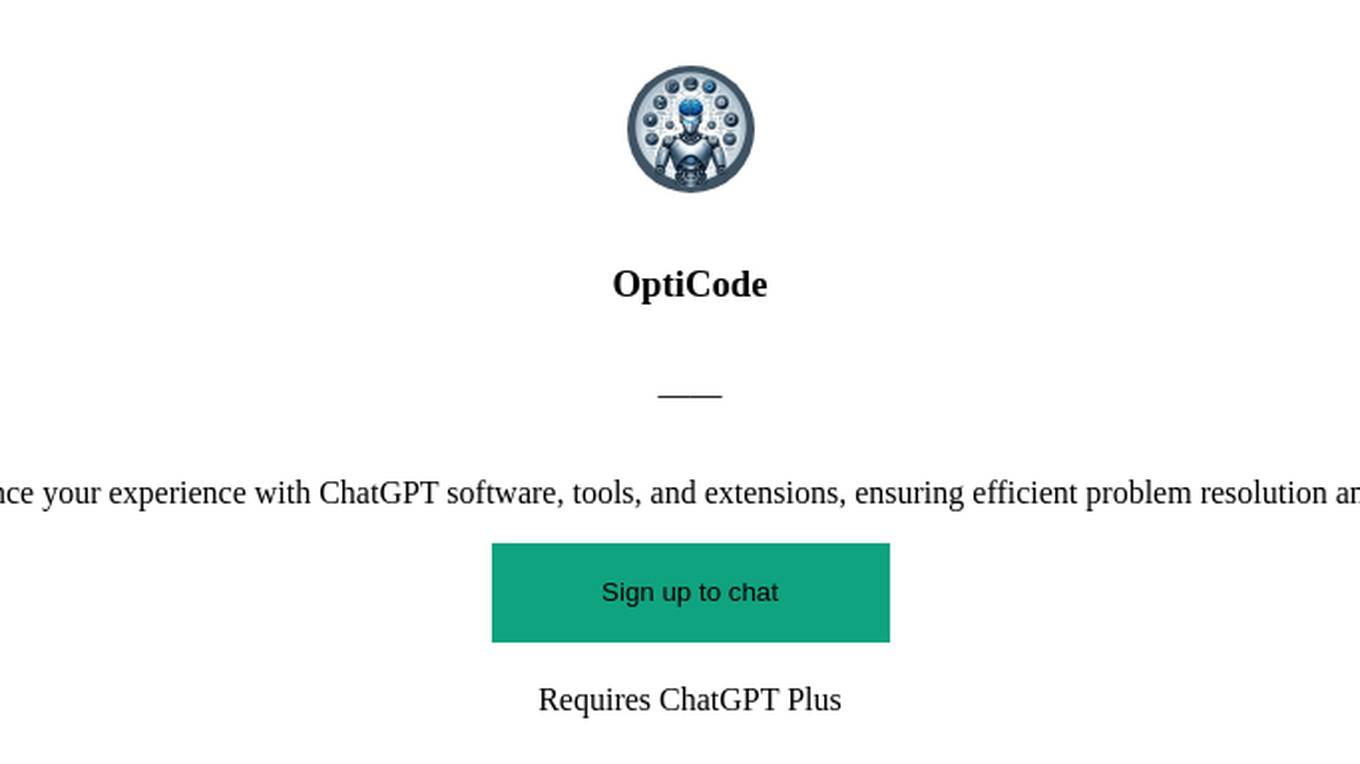
OptiCode
OptiCode is designed to streamline and enhance your experience with ChatGPT software, tools, and extensions, ensuring efficient problem resolution and optimization of ChatGPT-related workflows.
